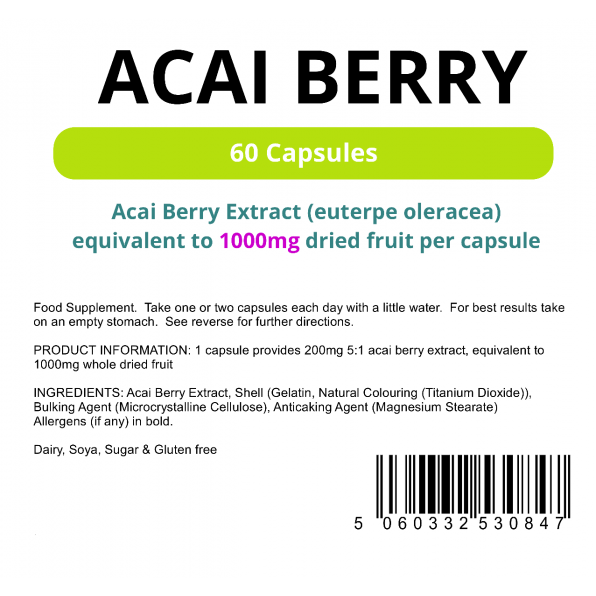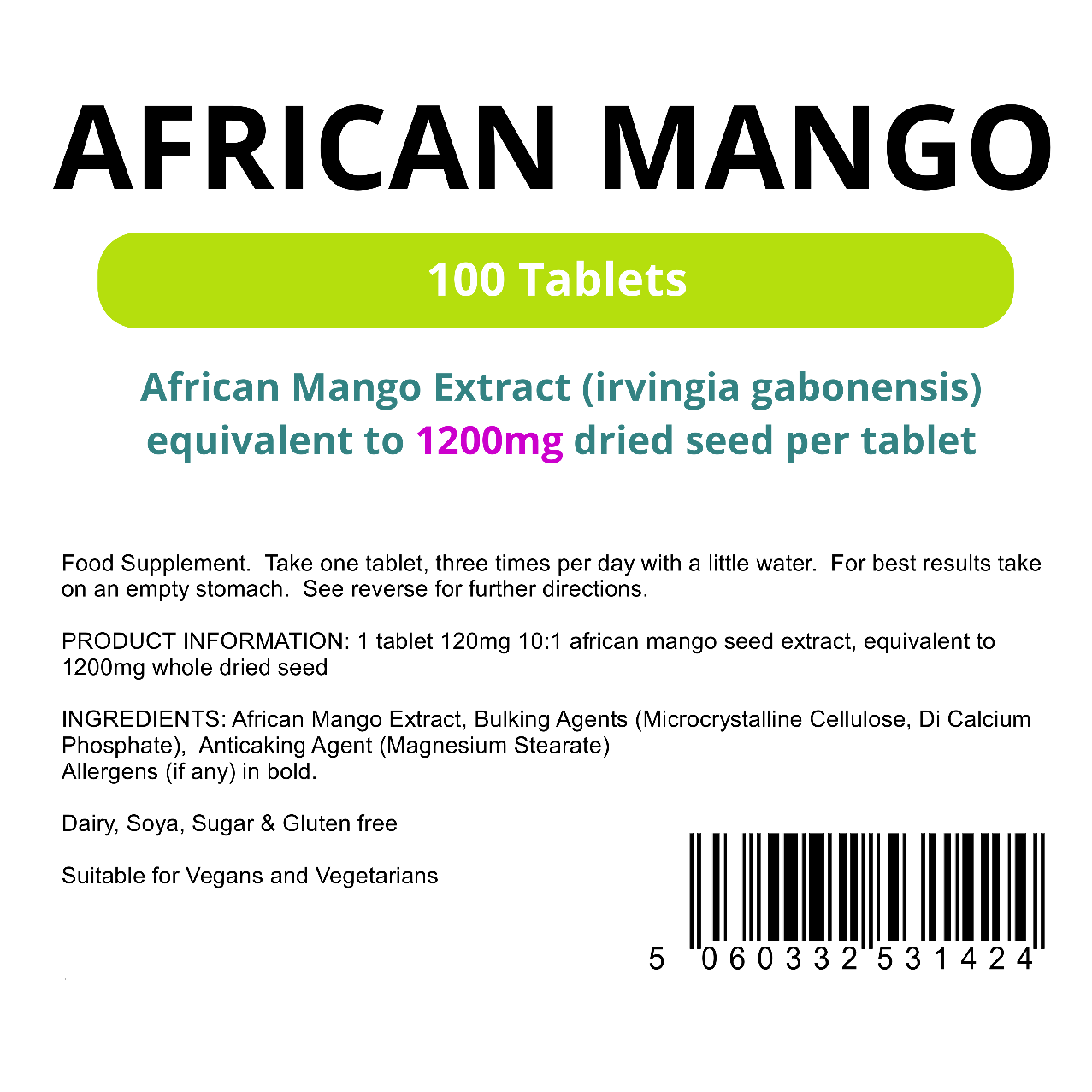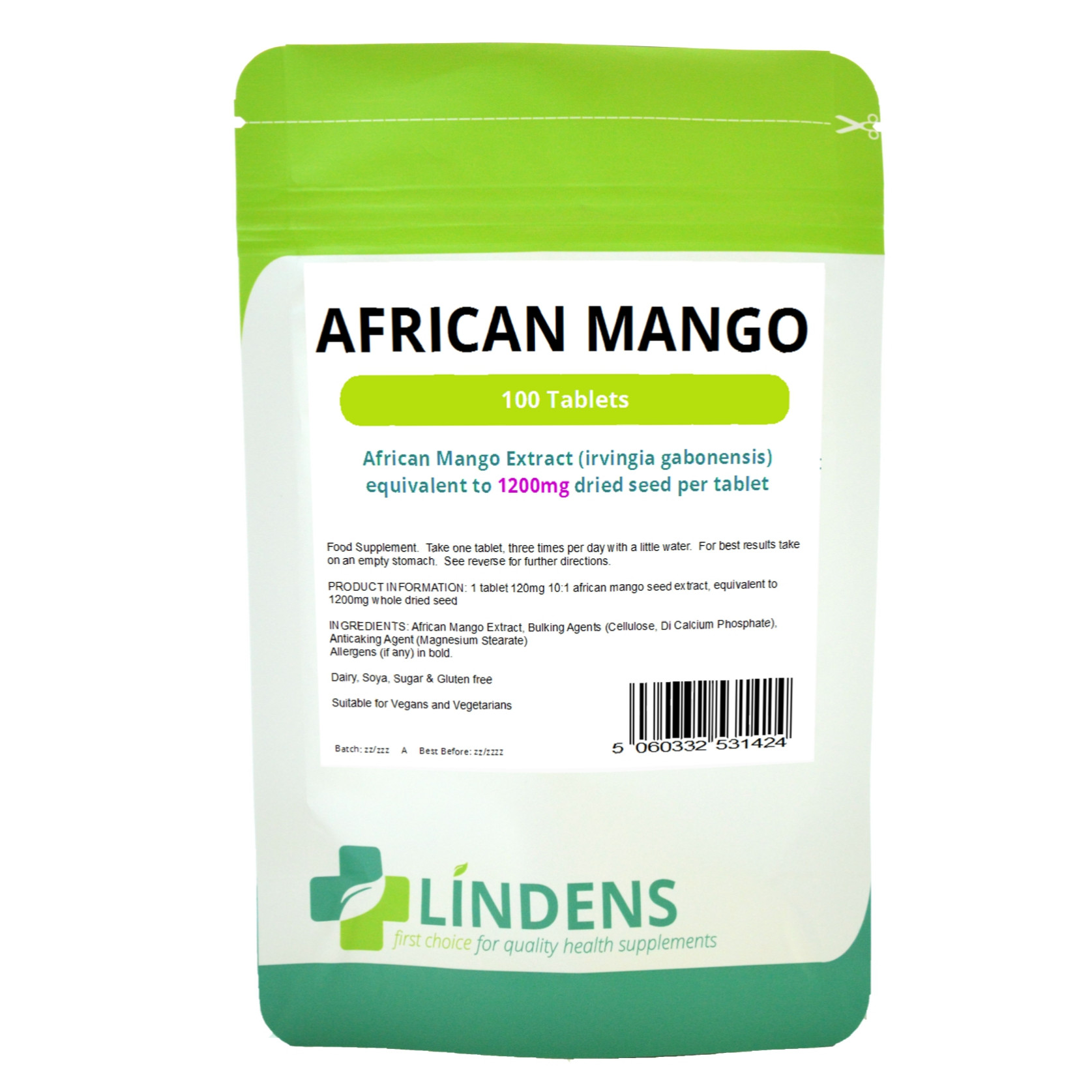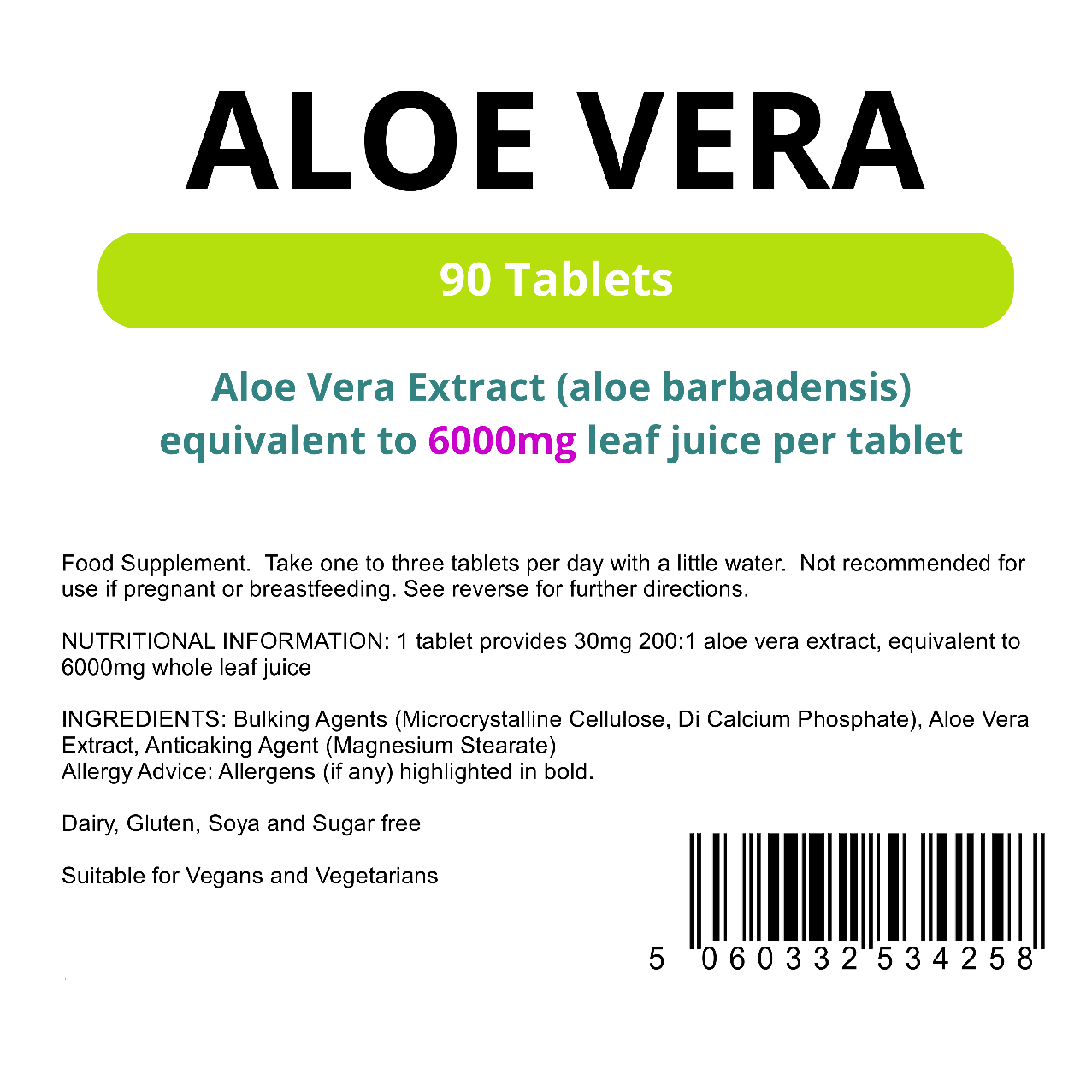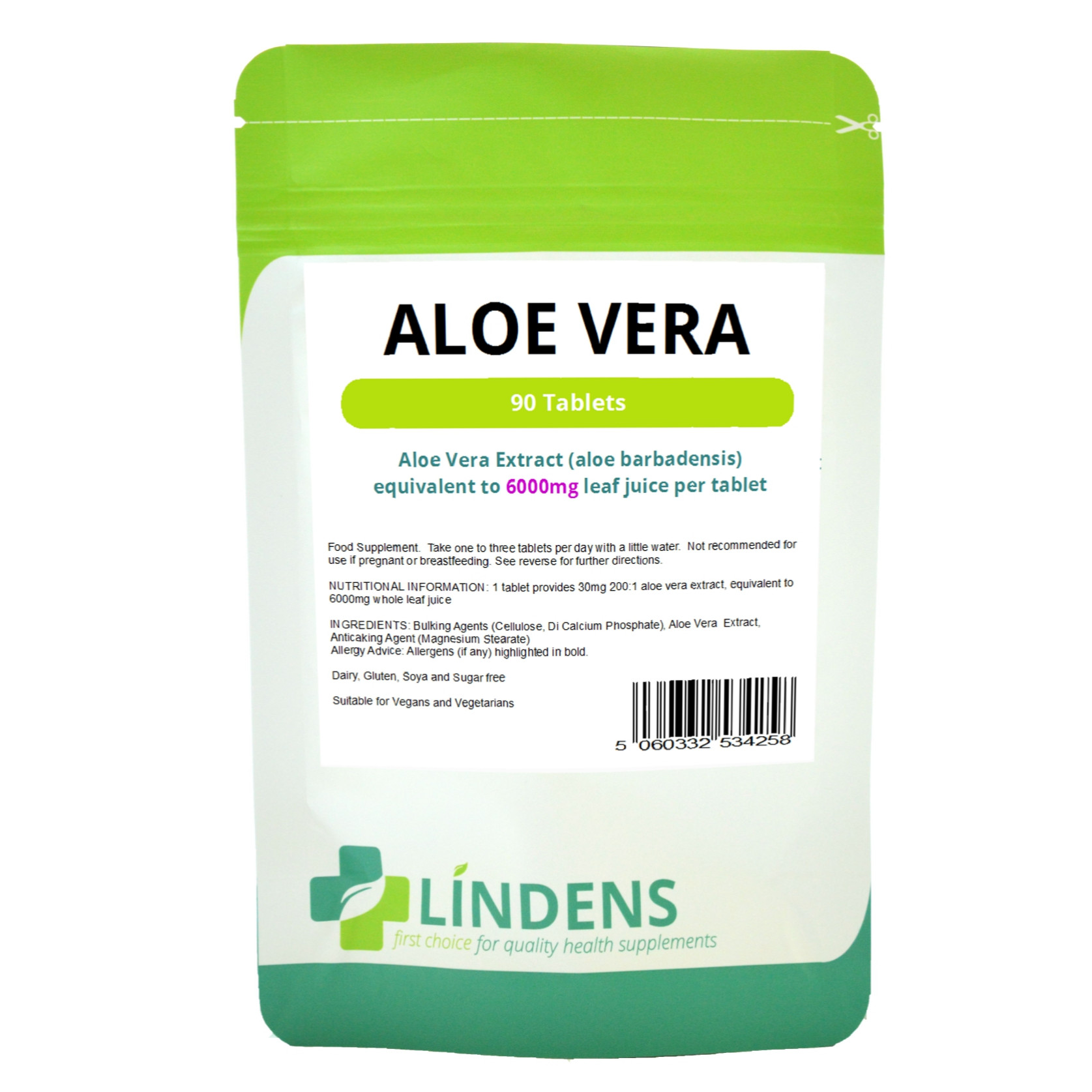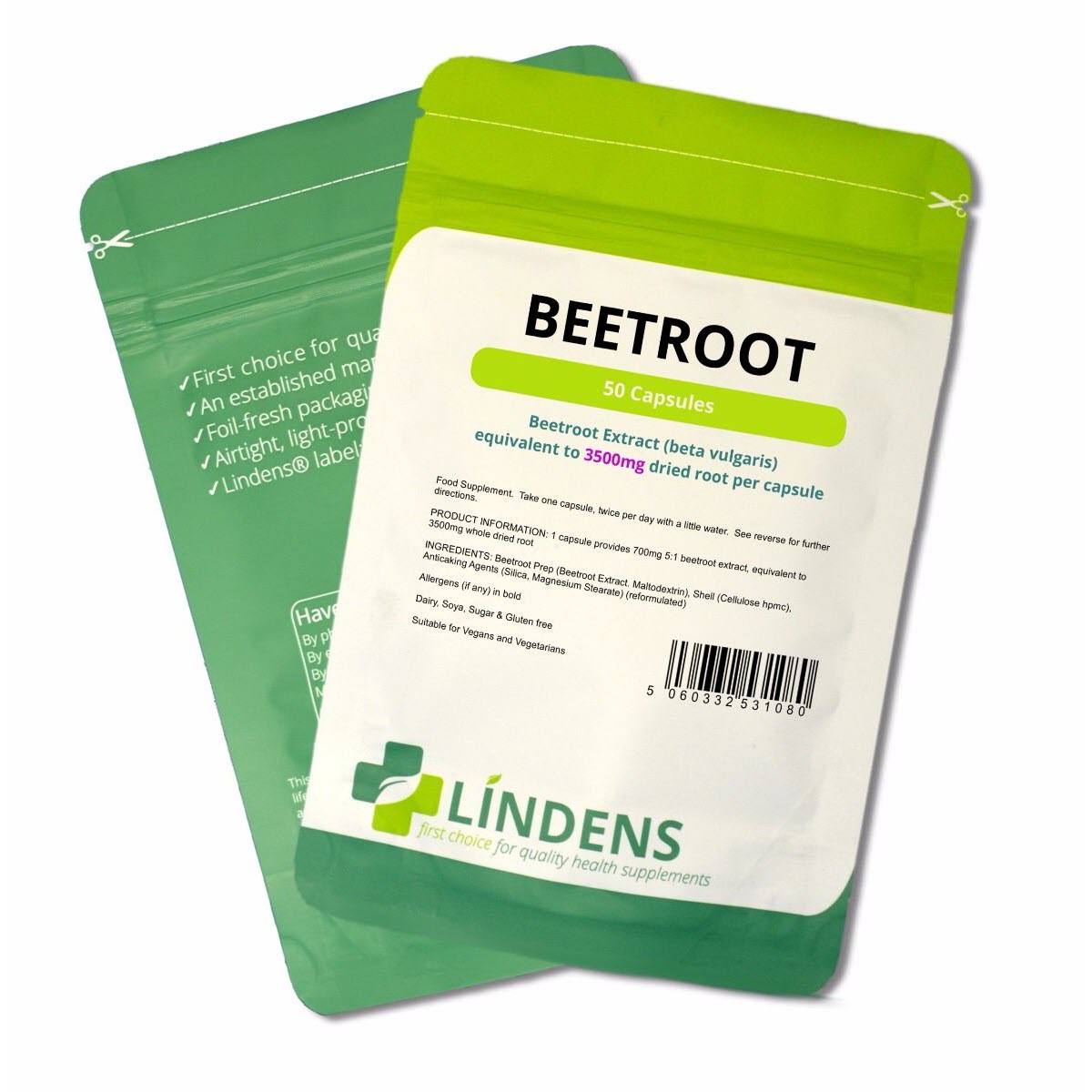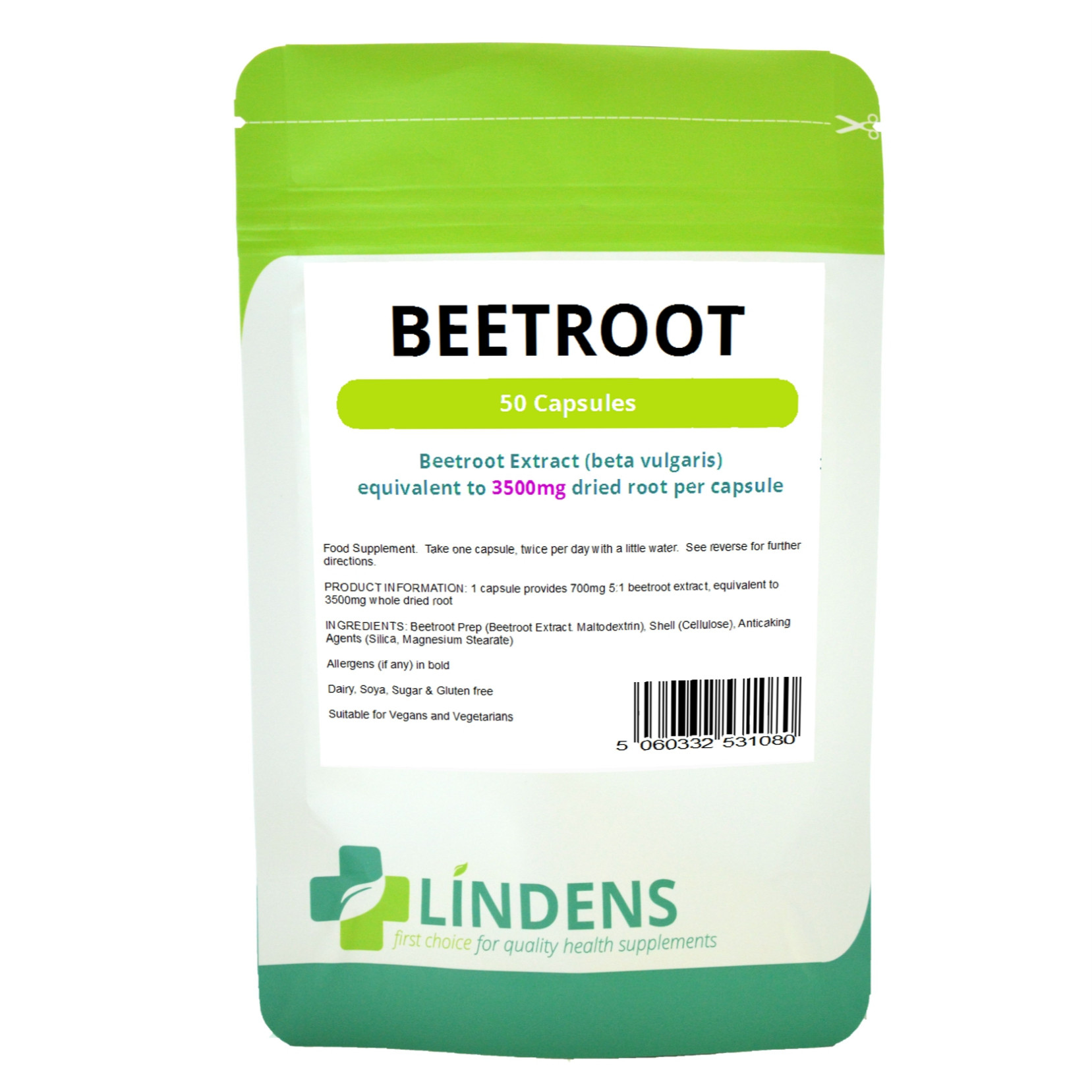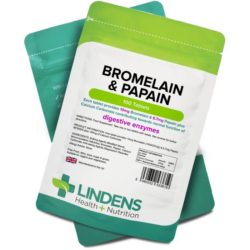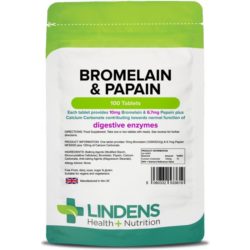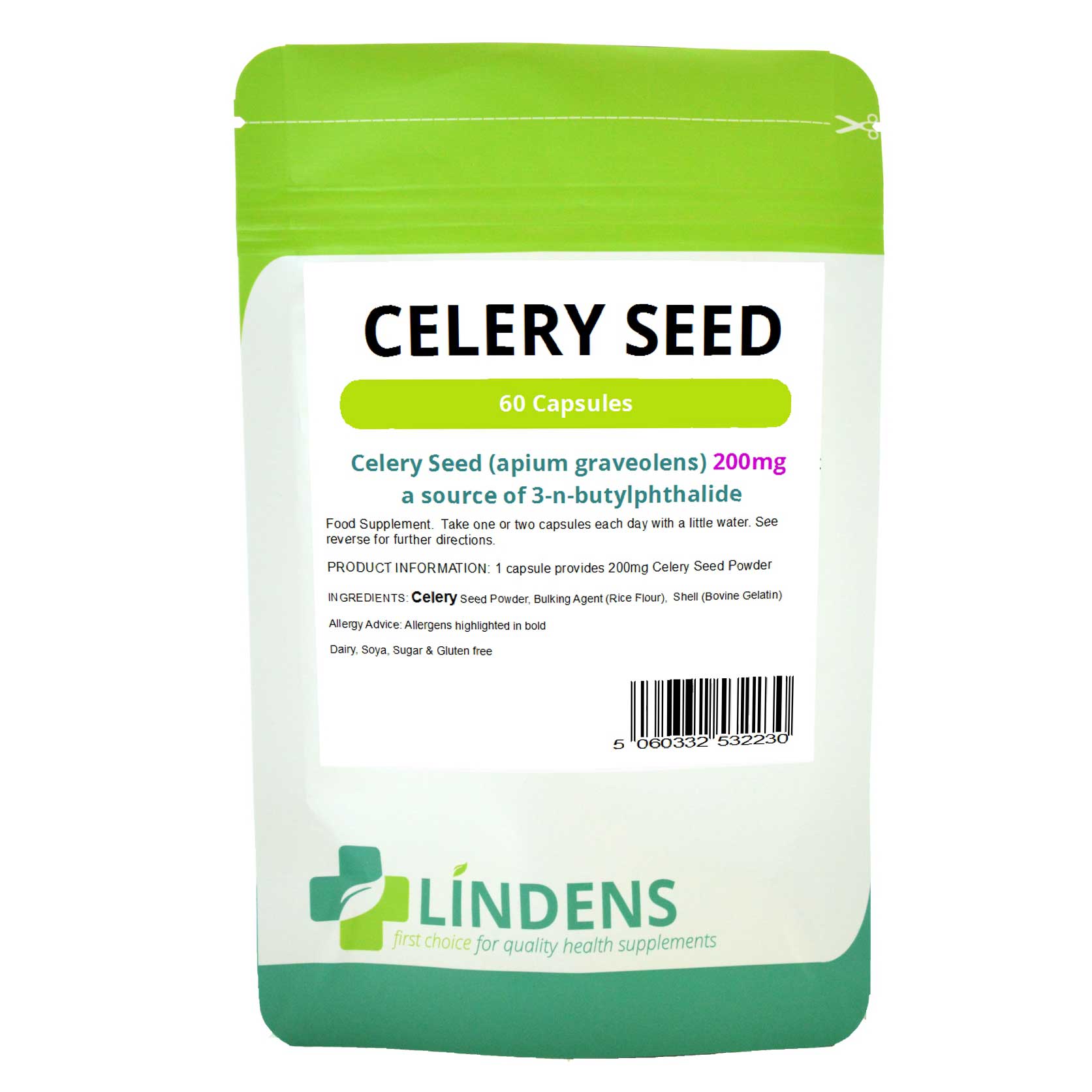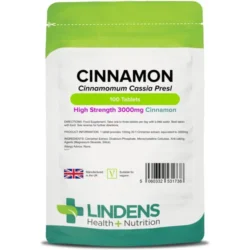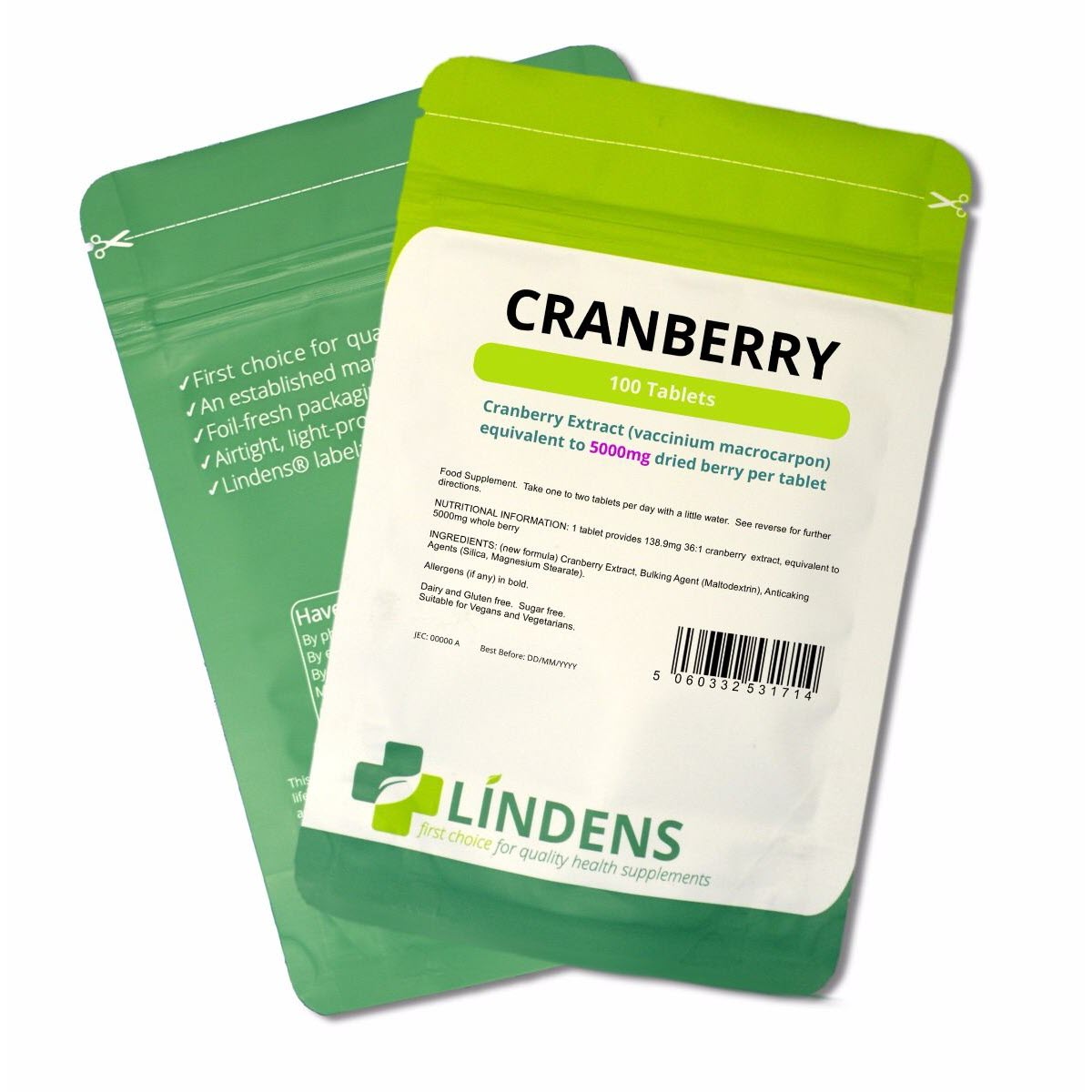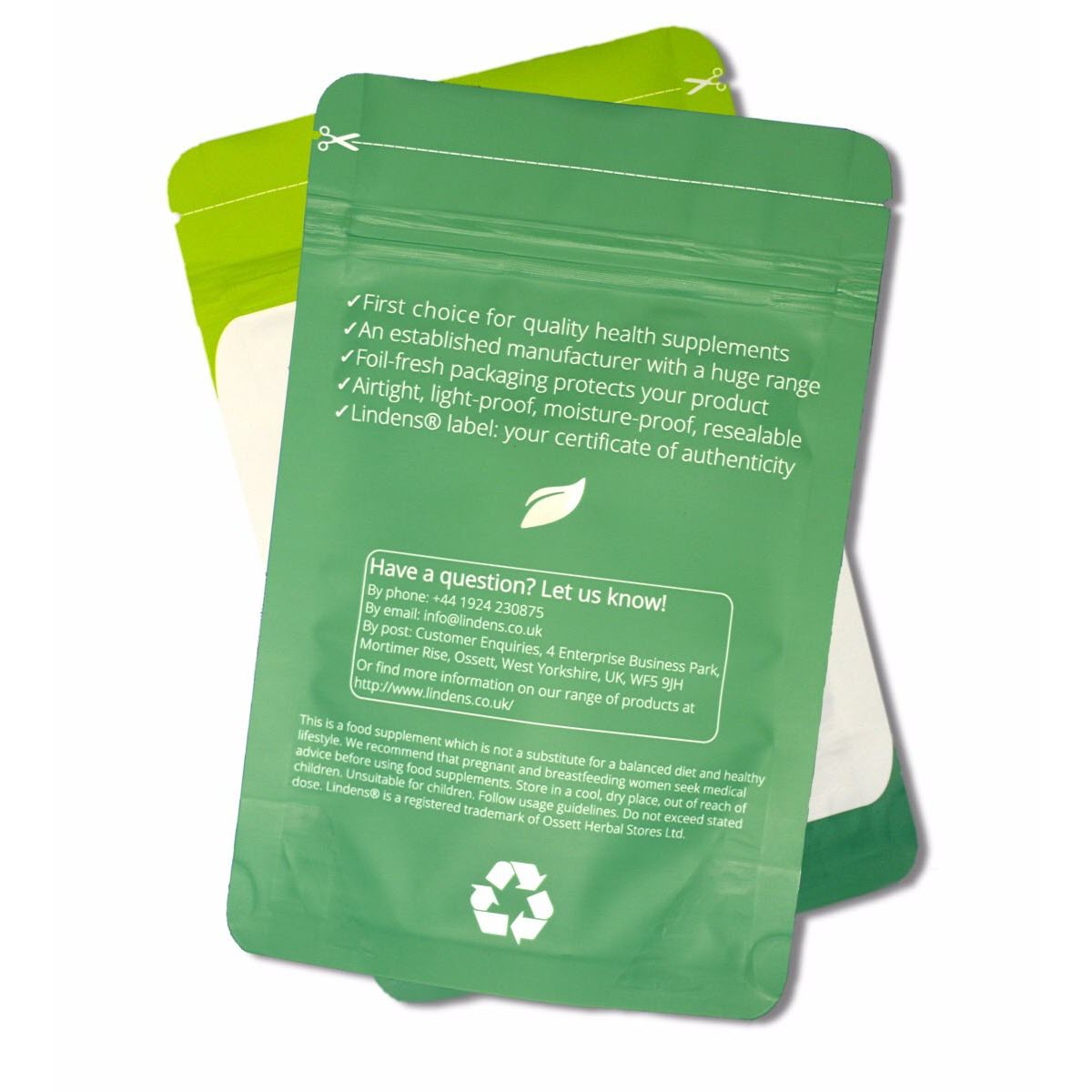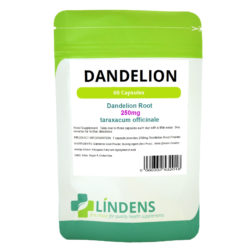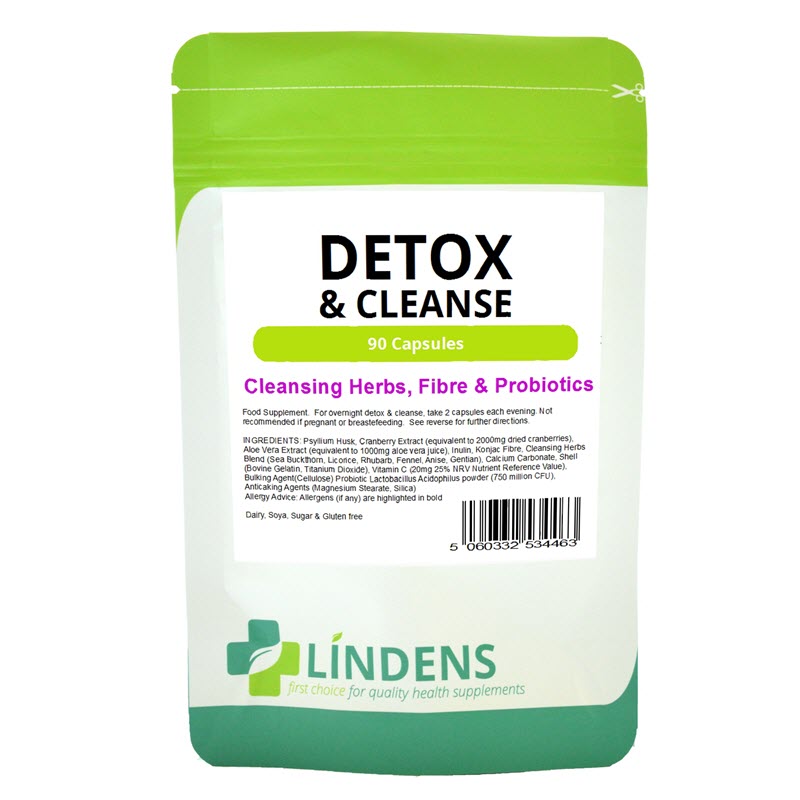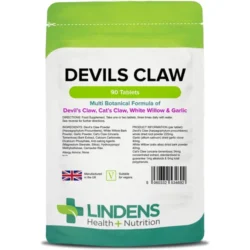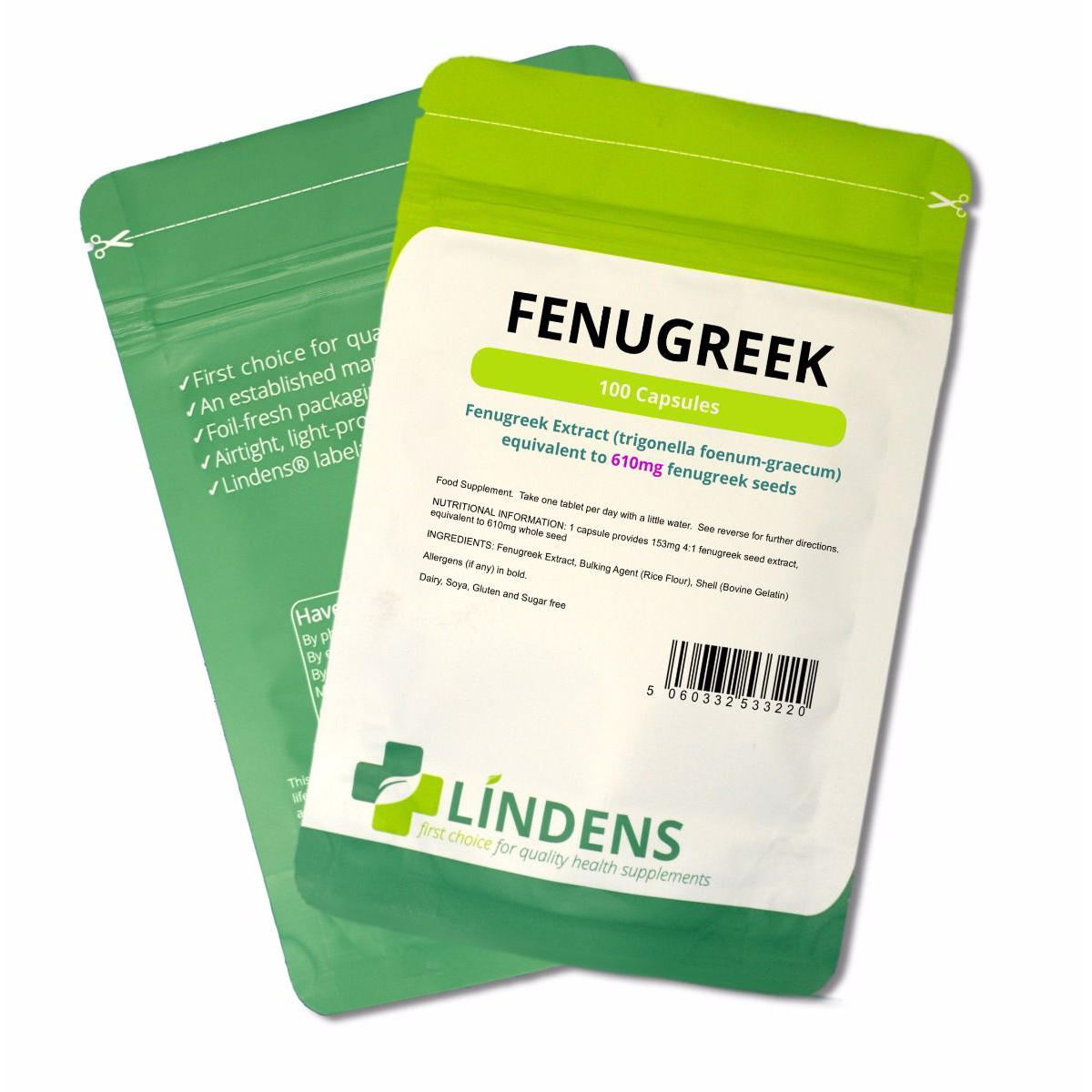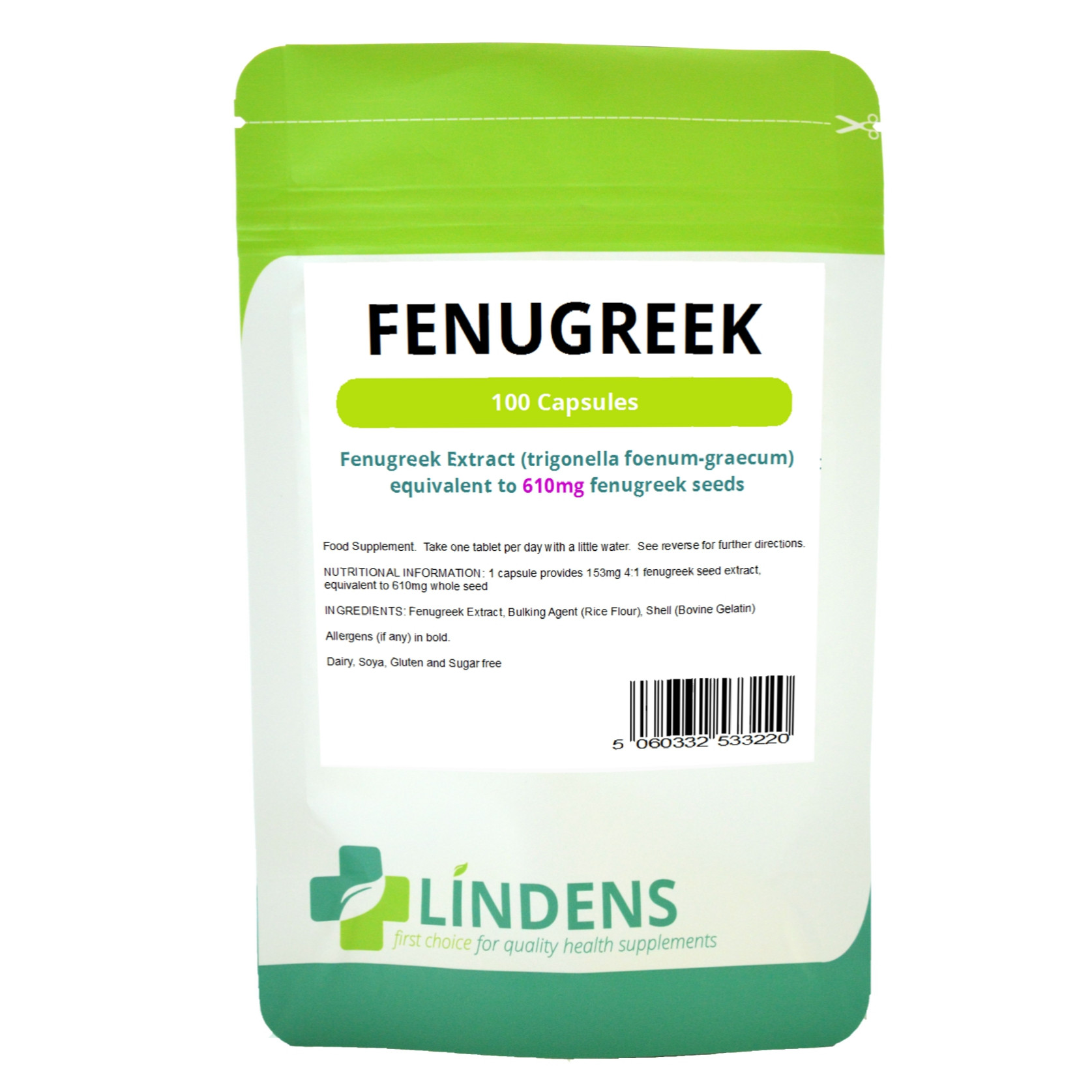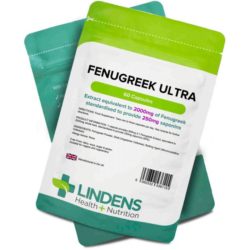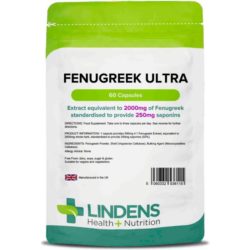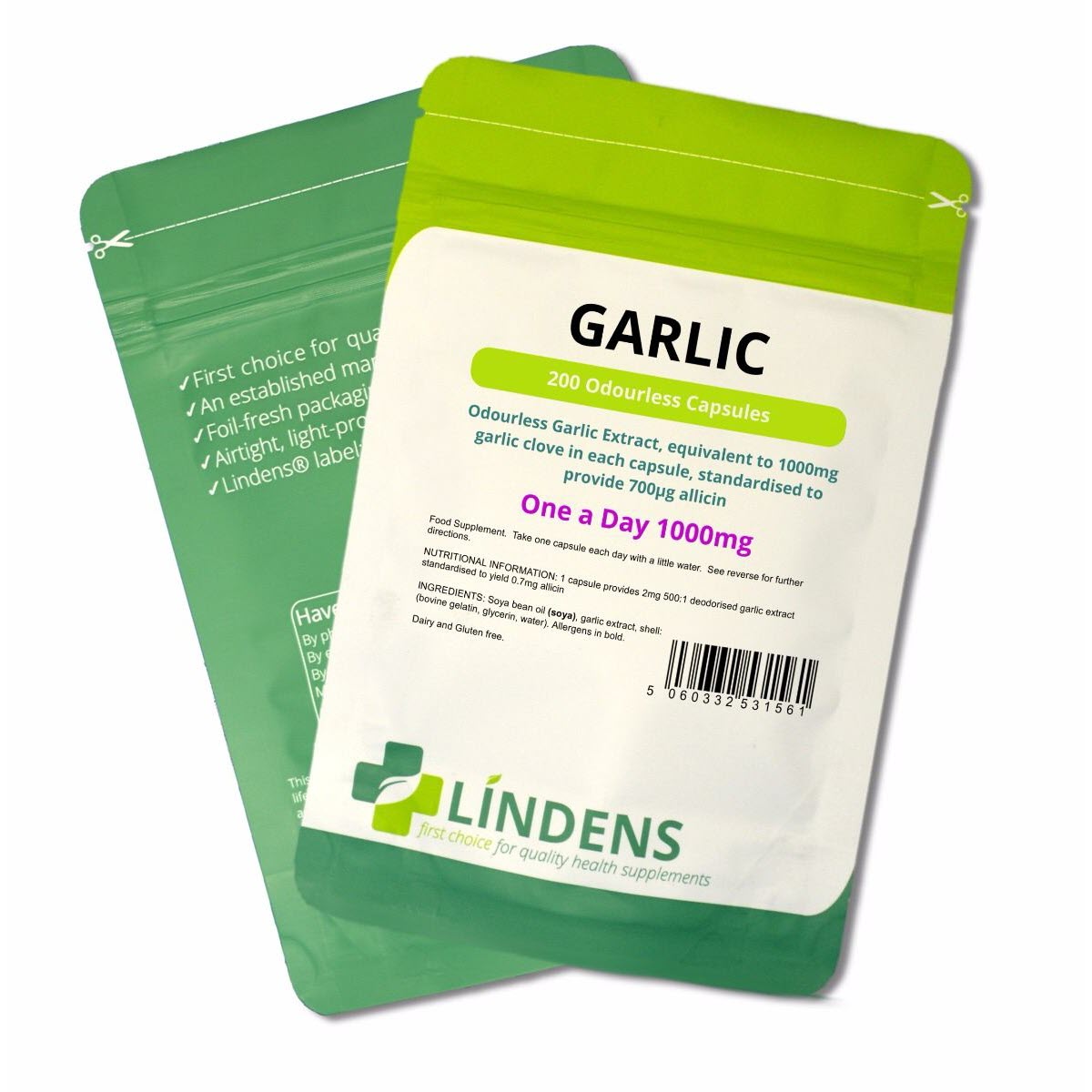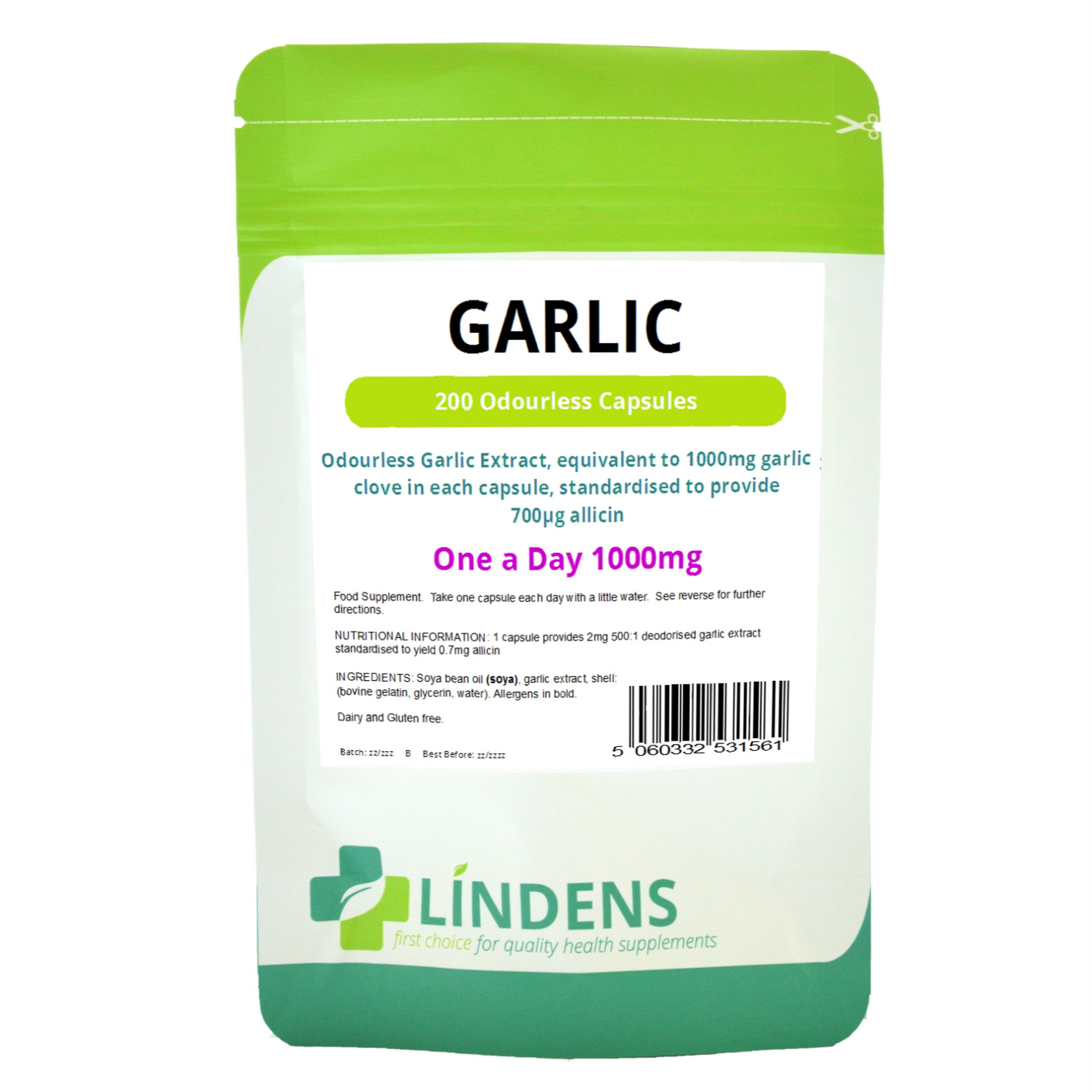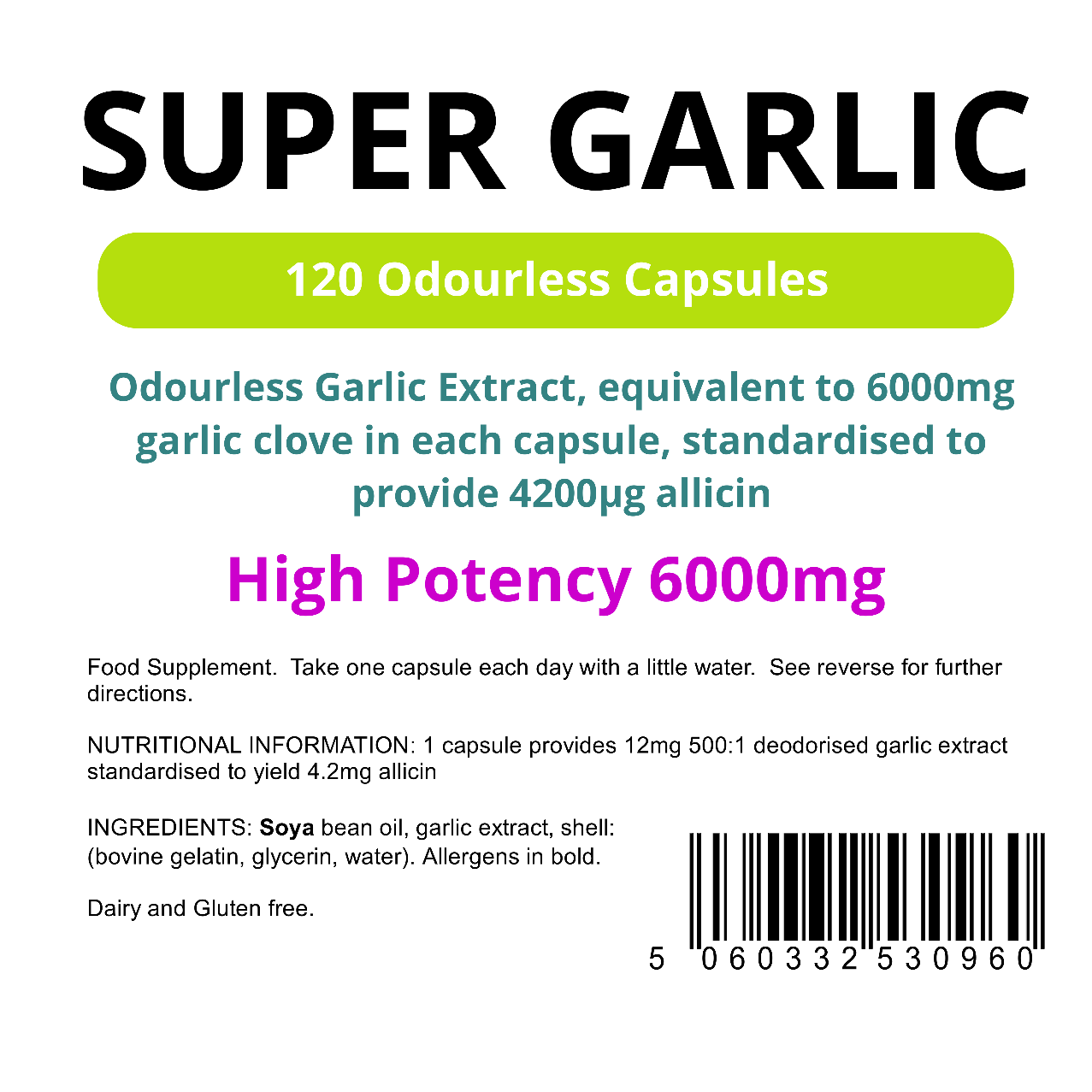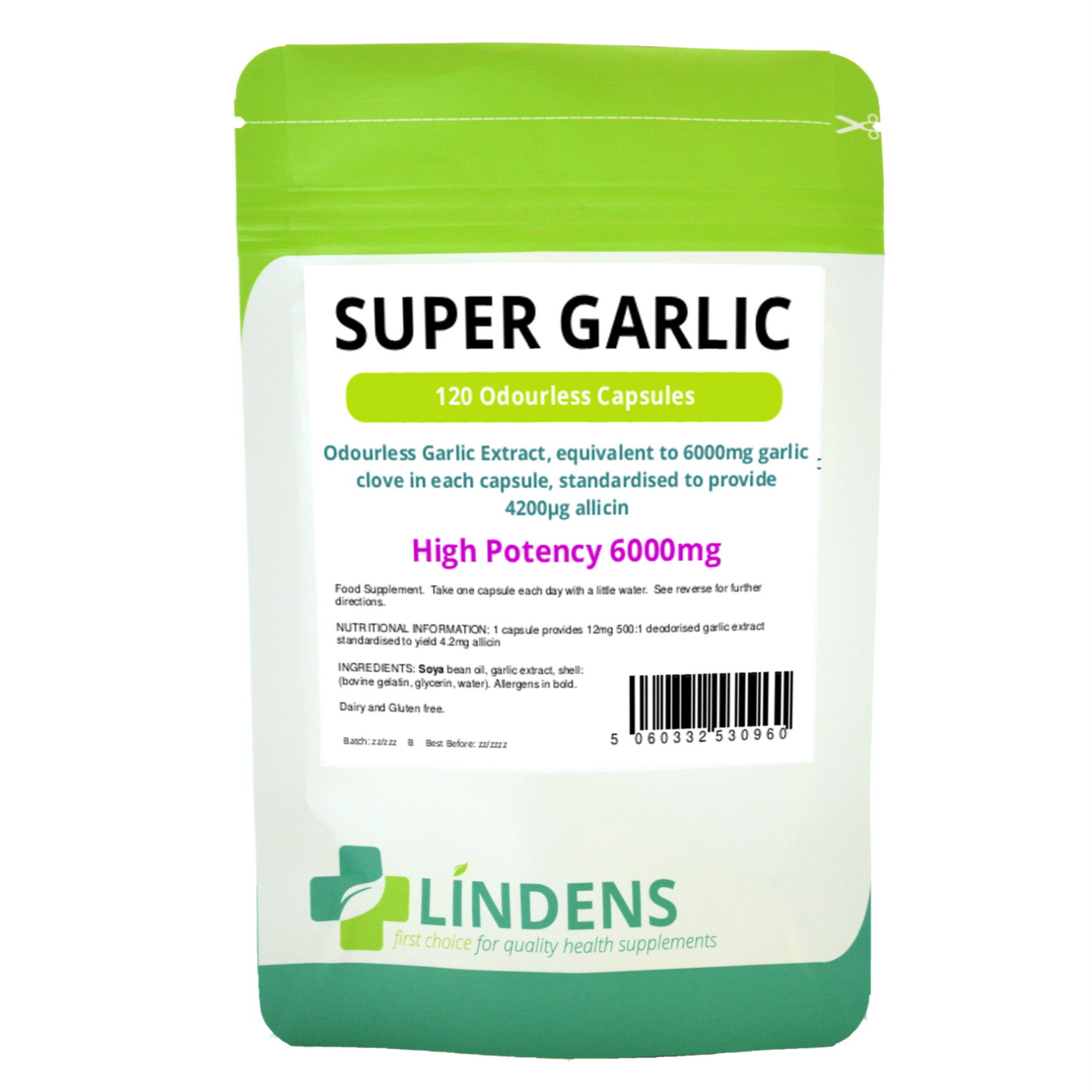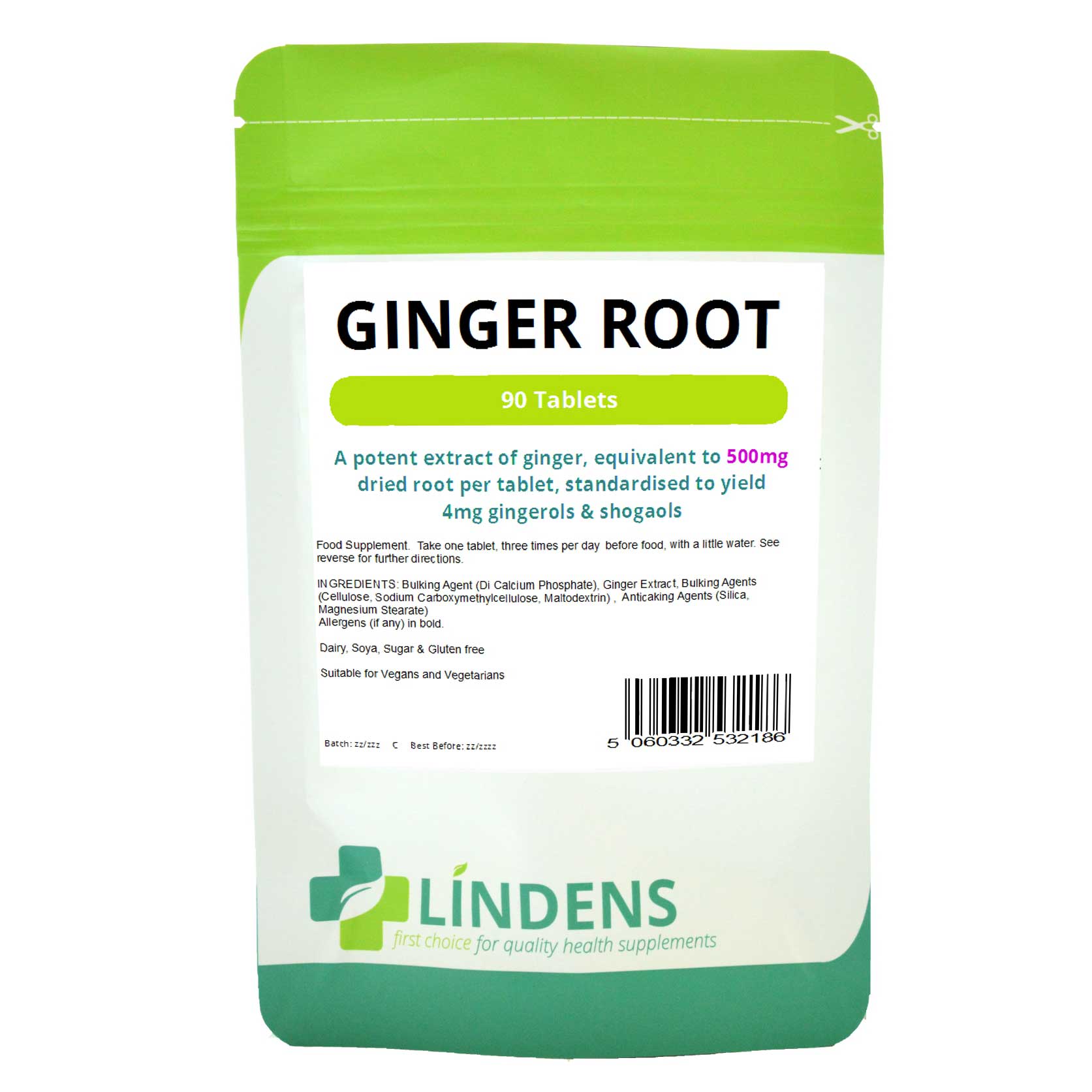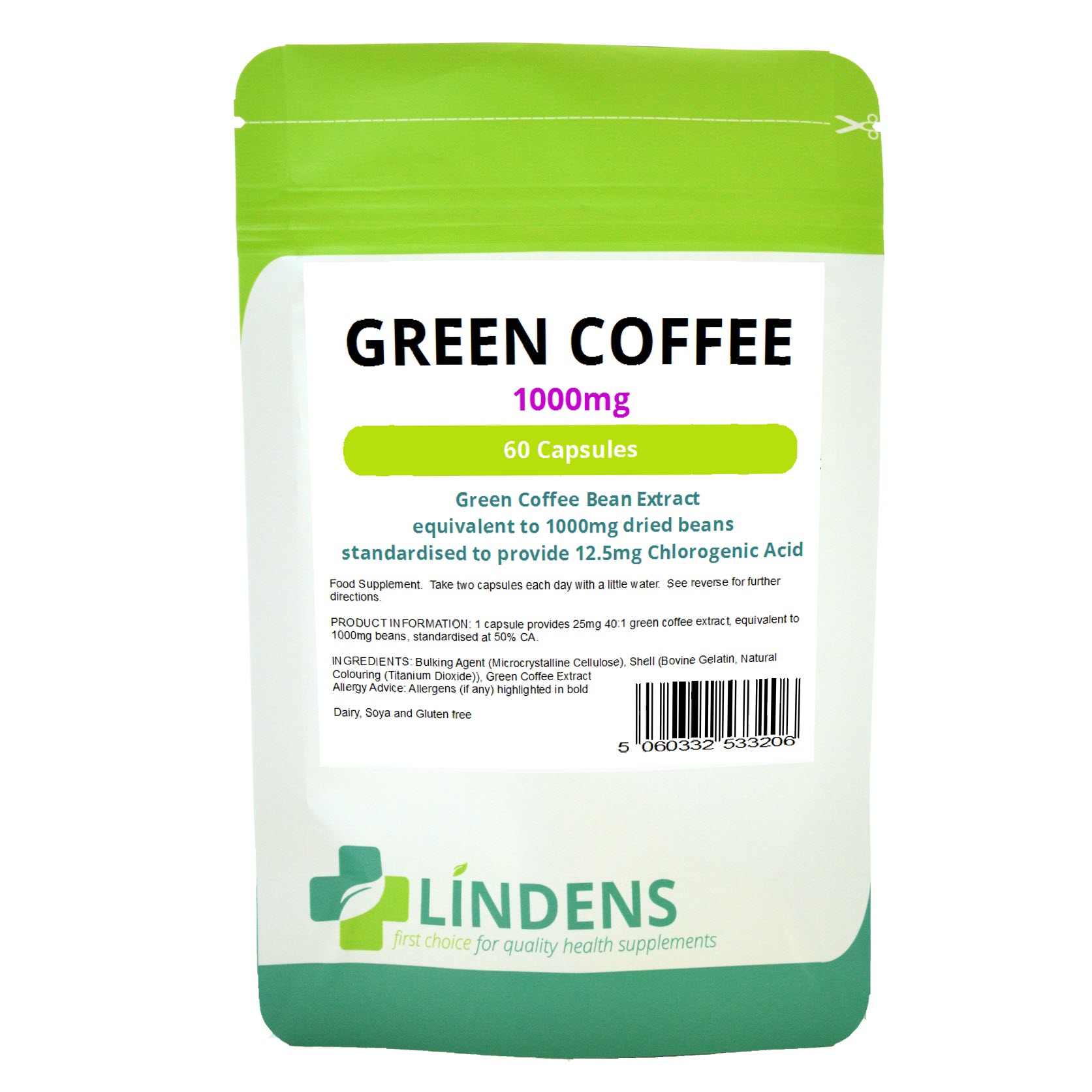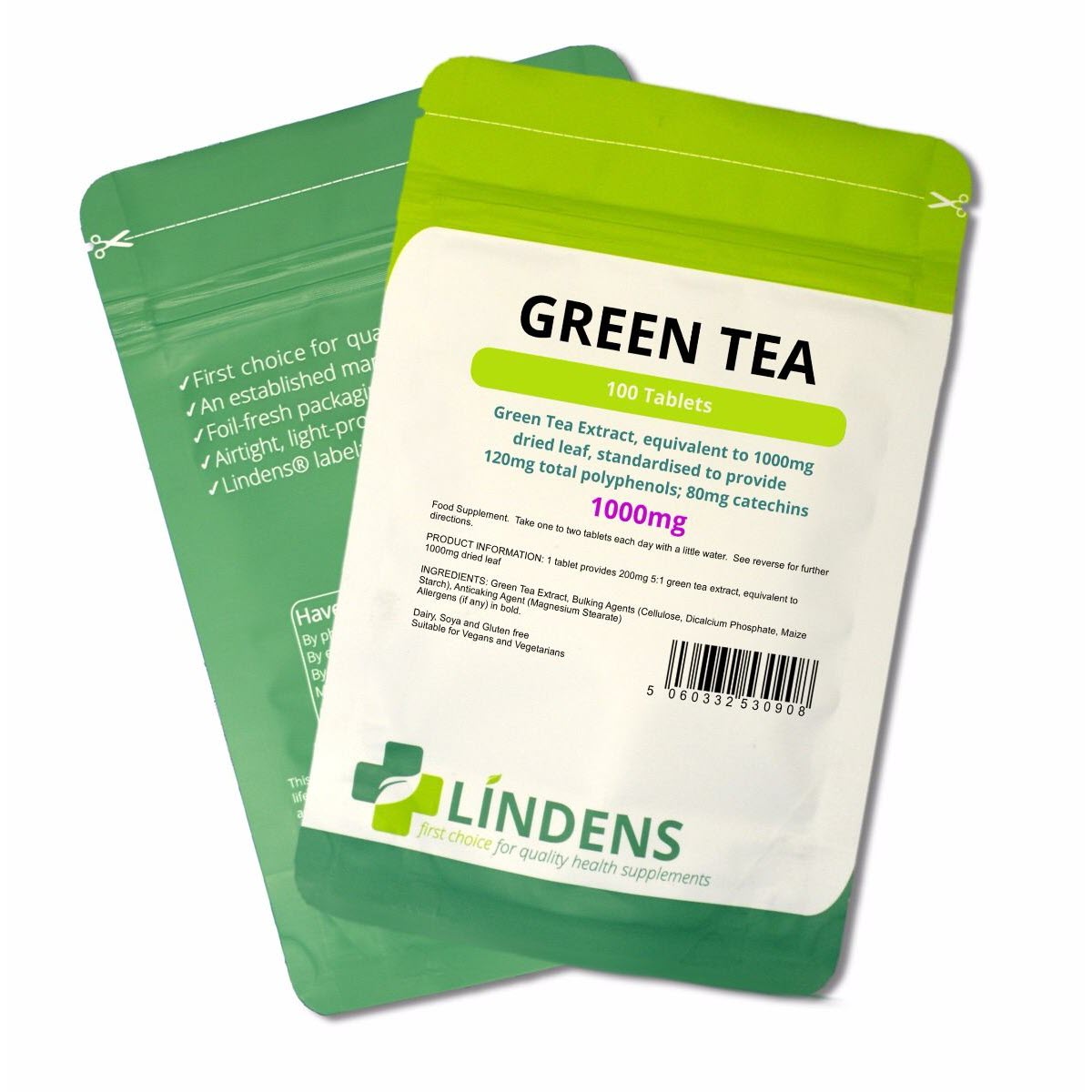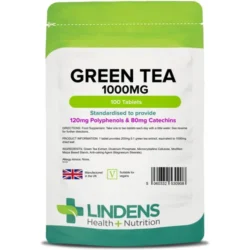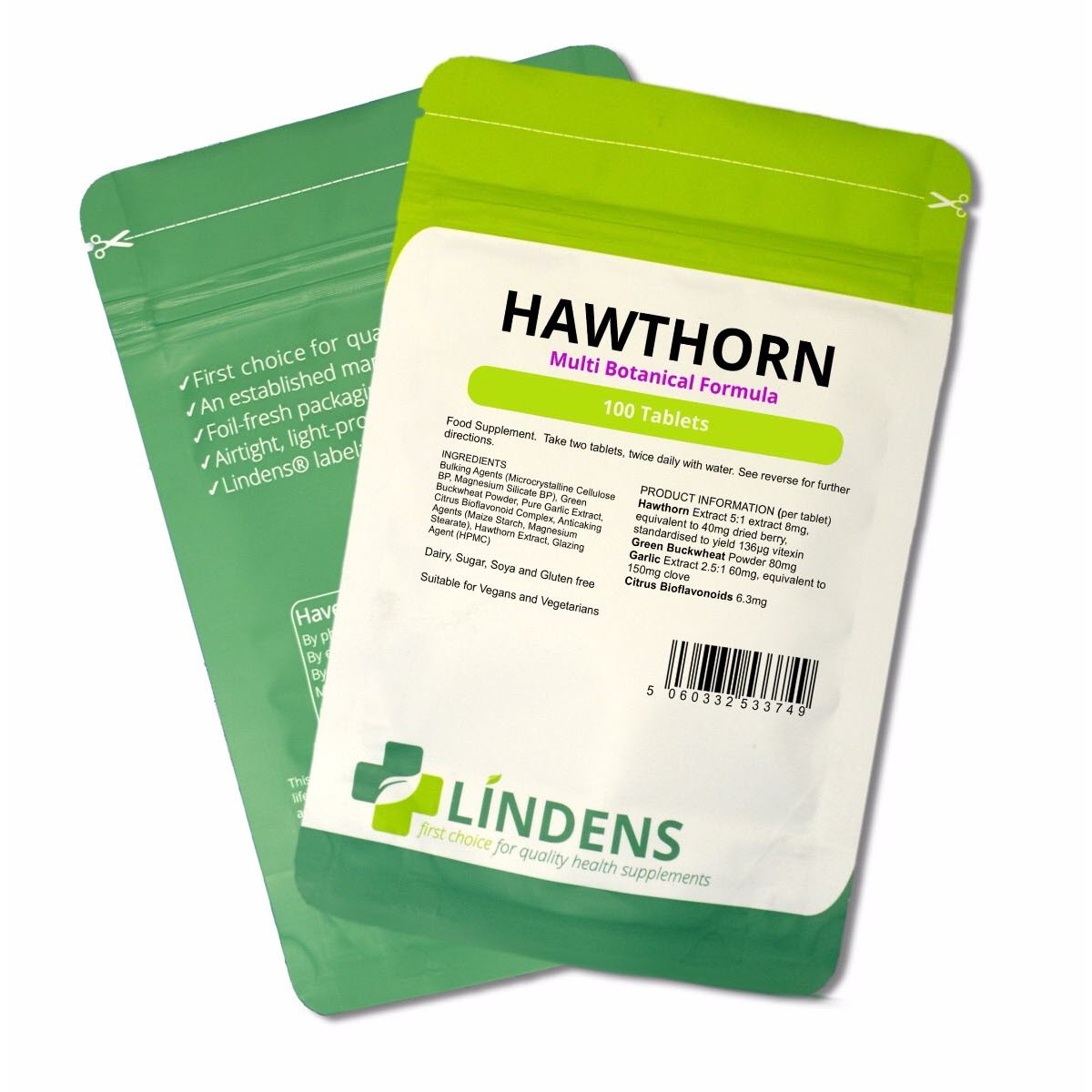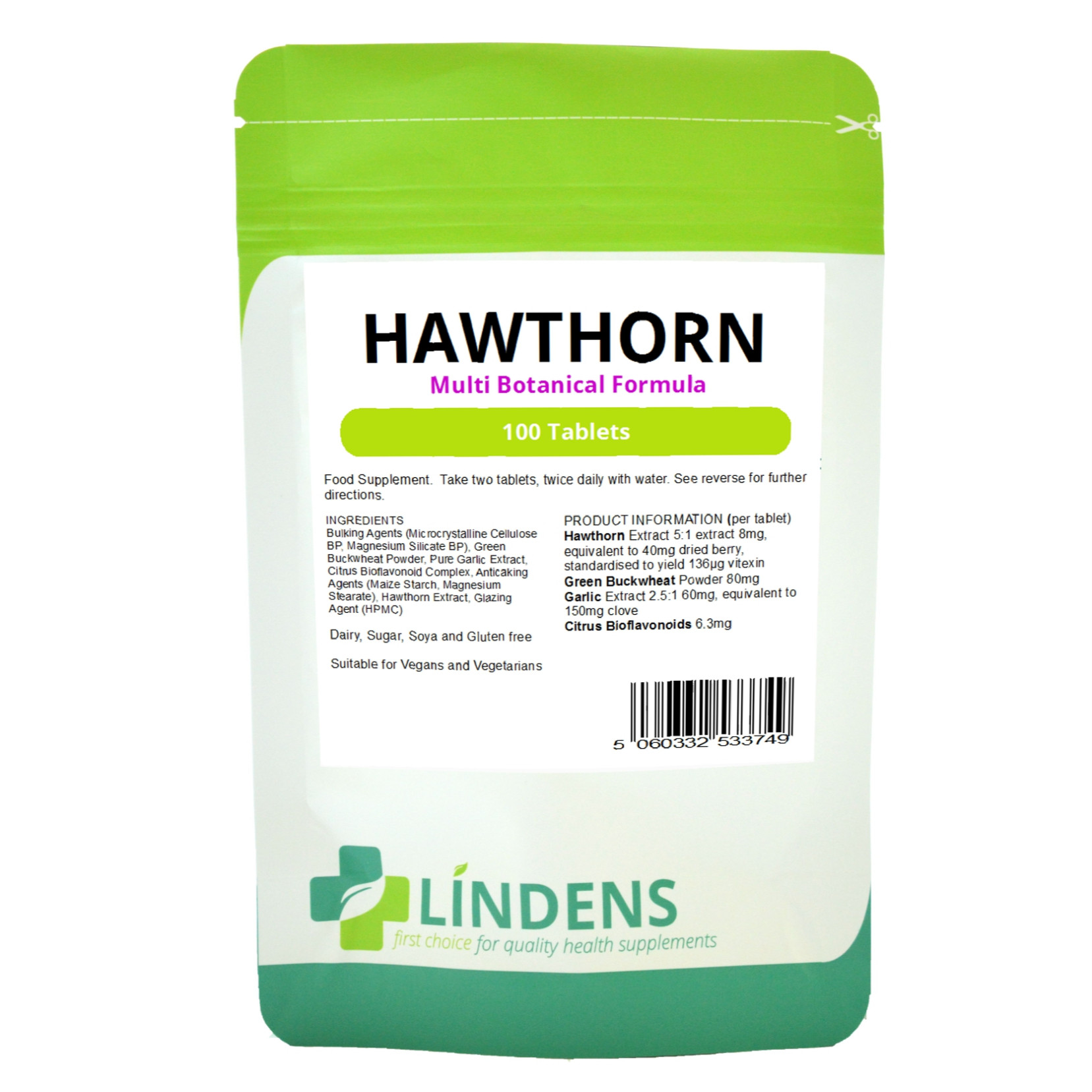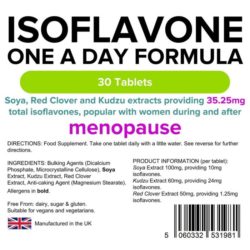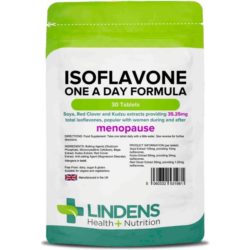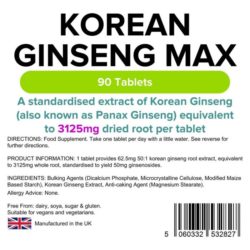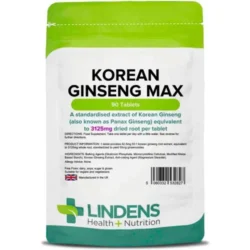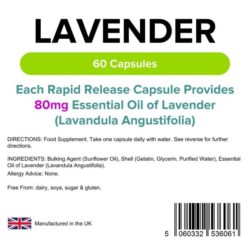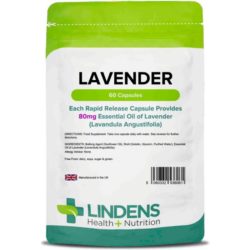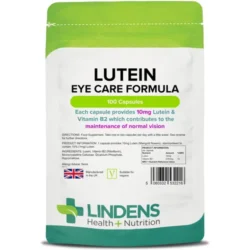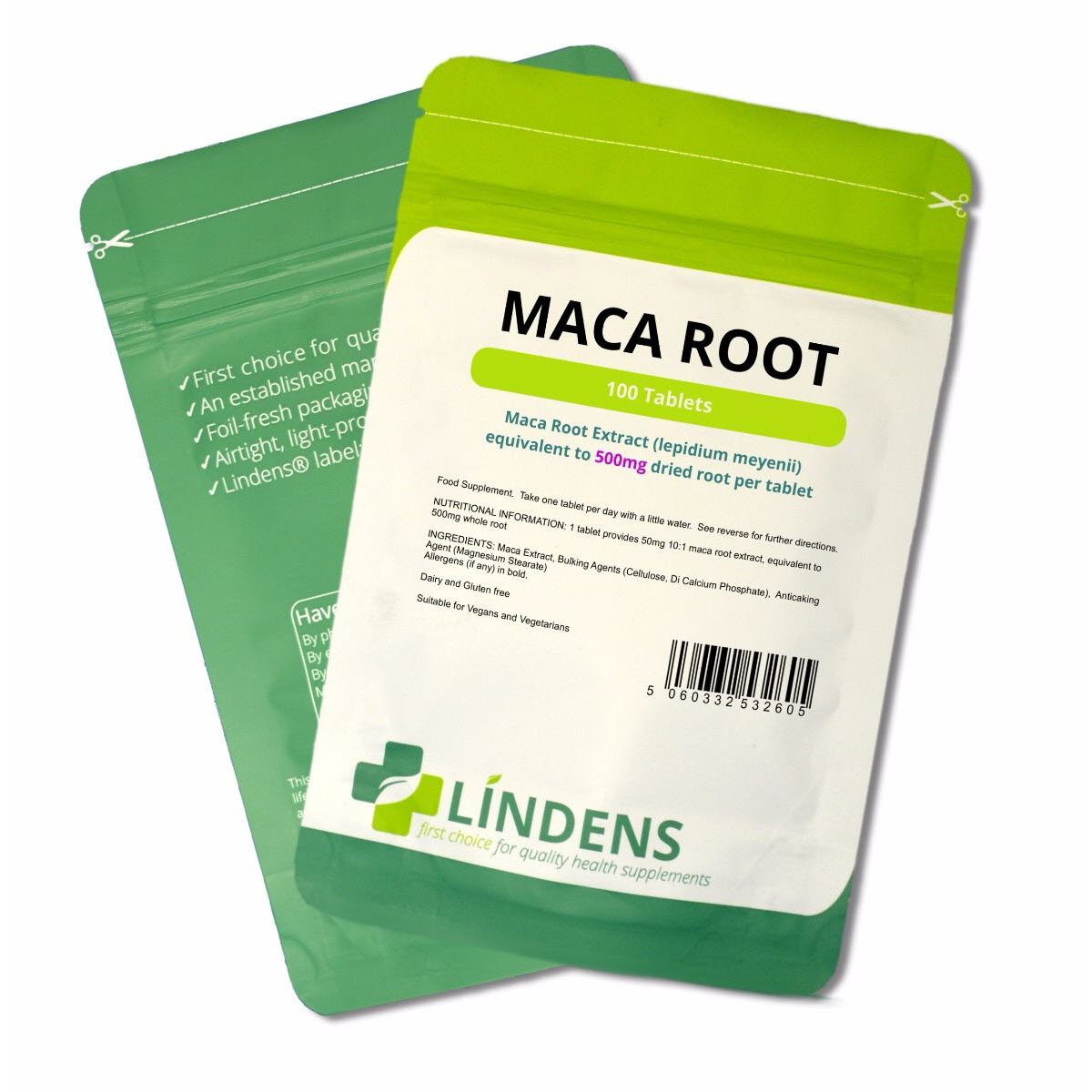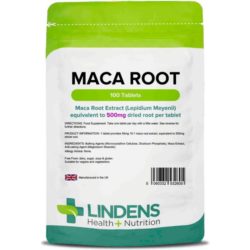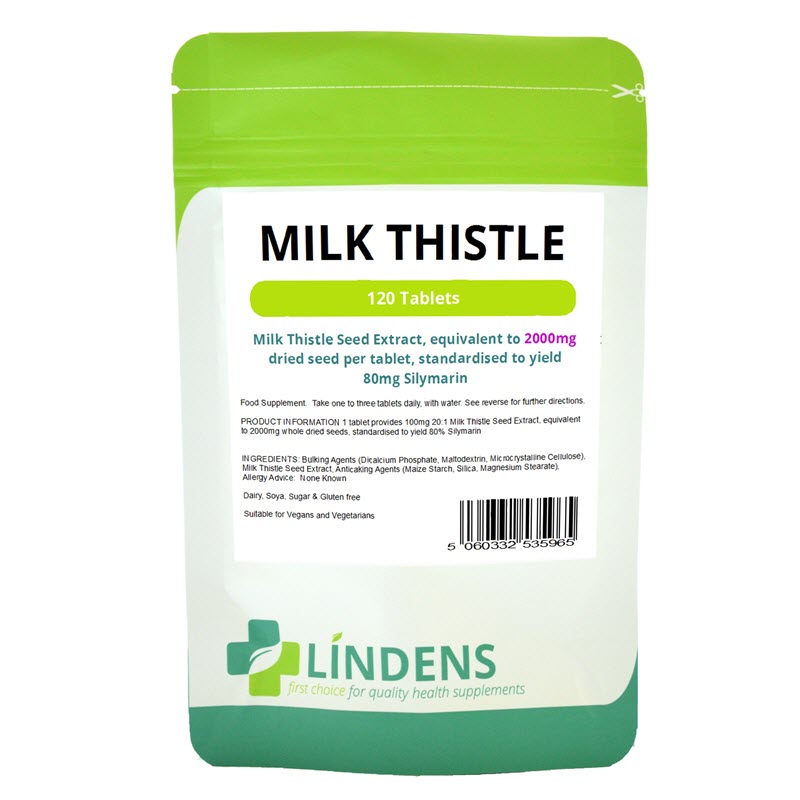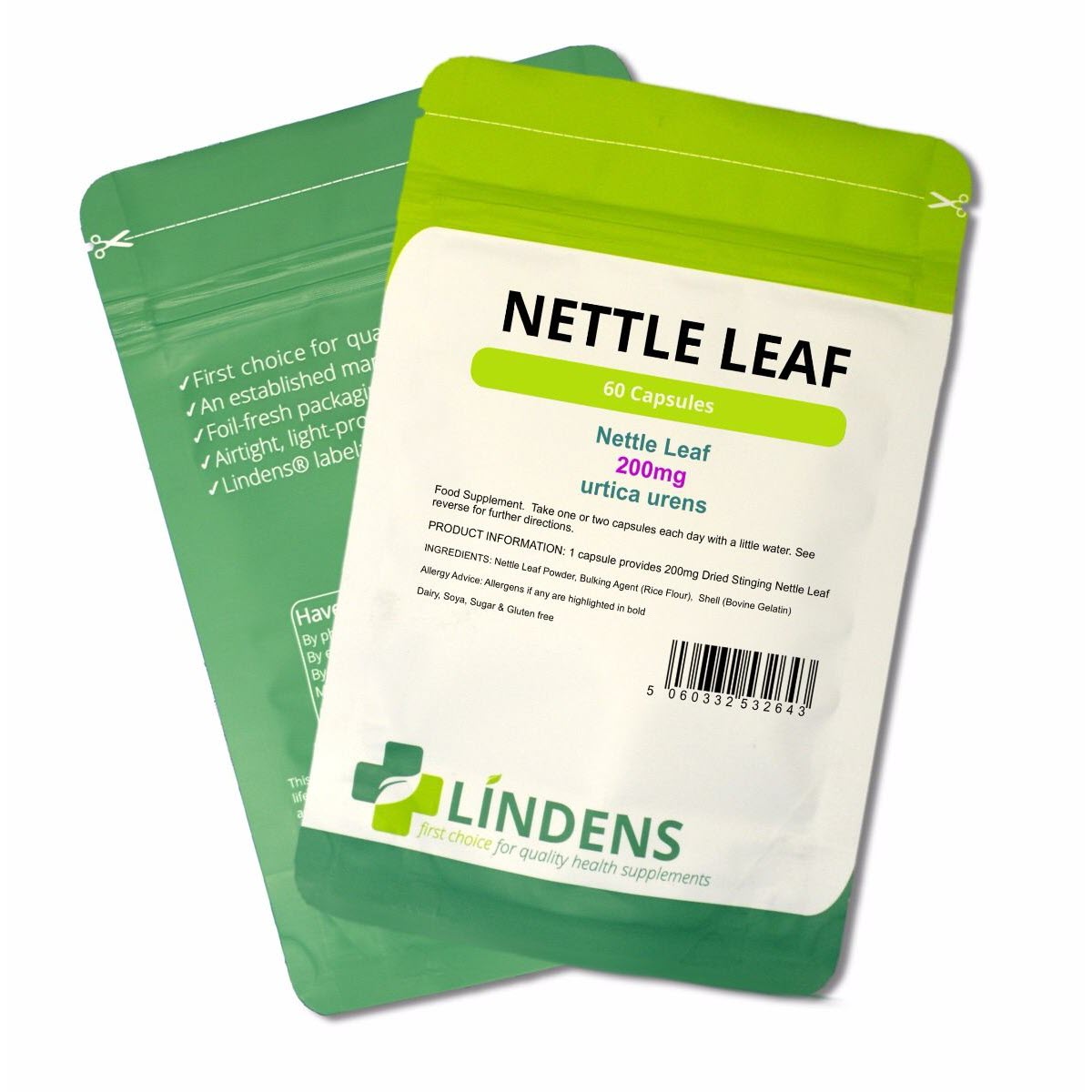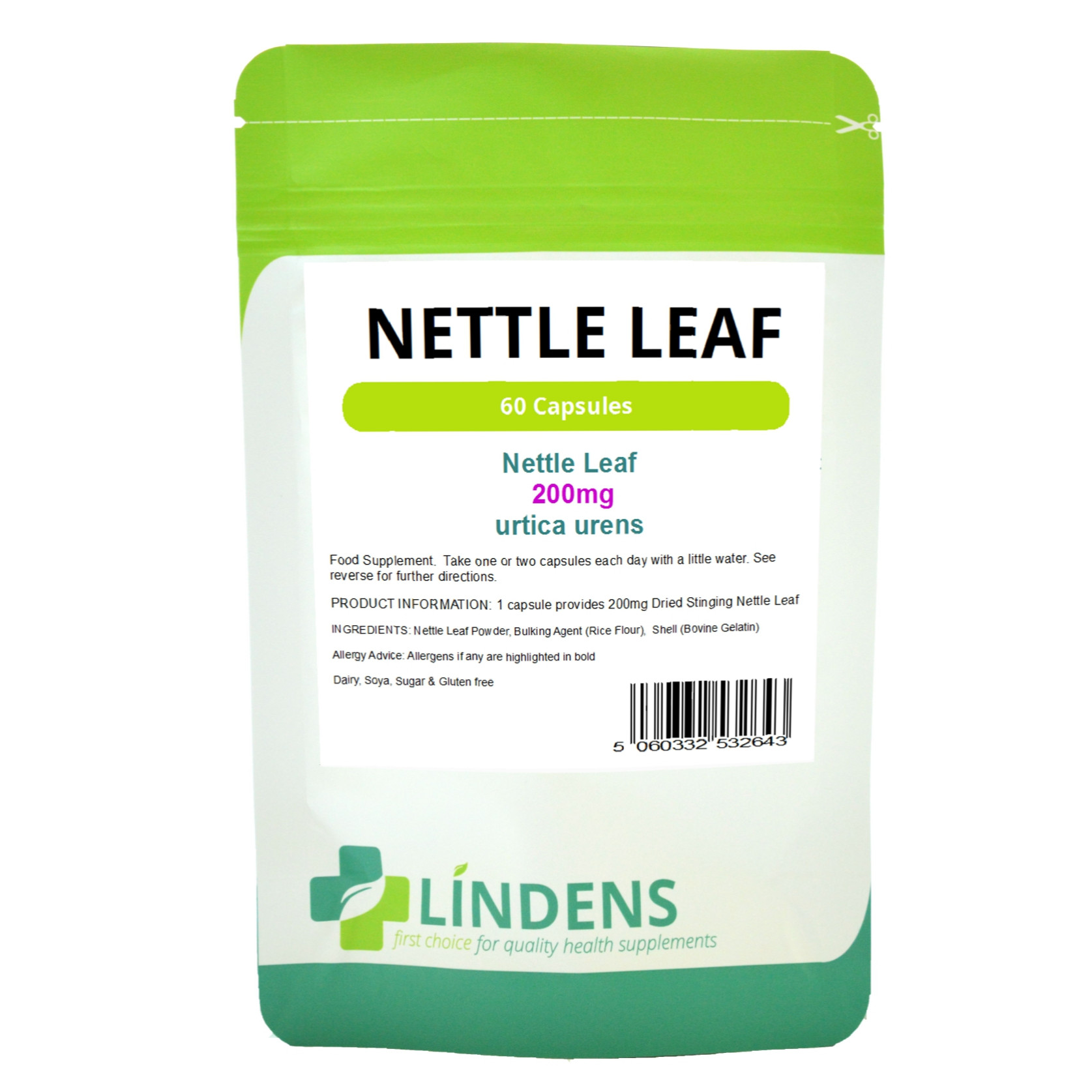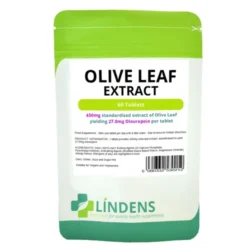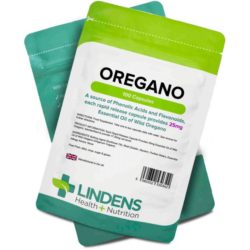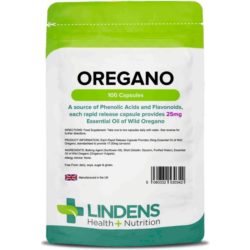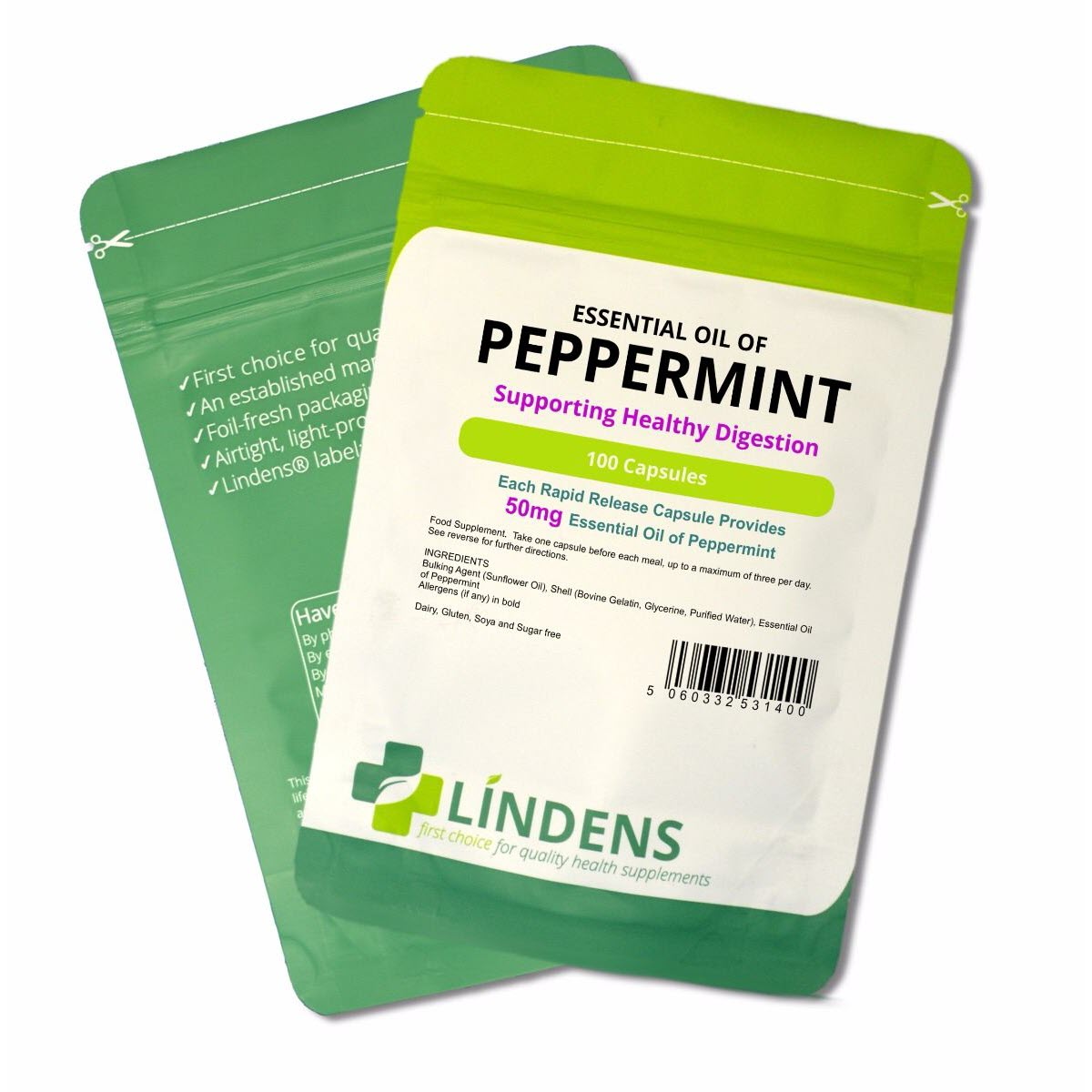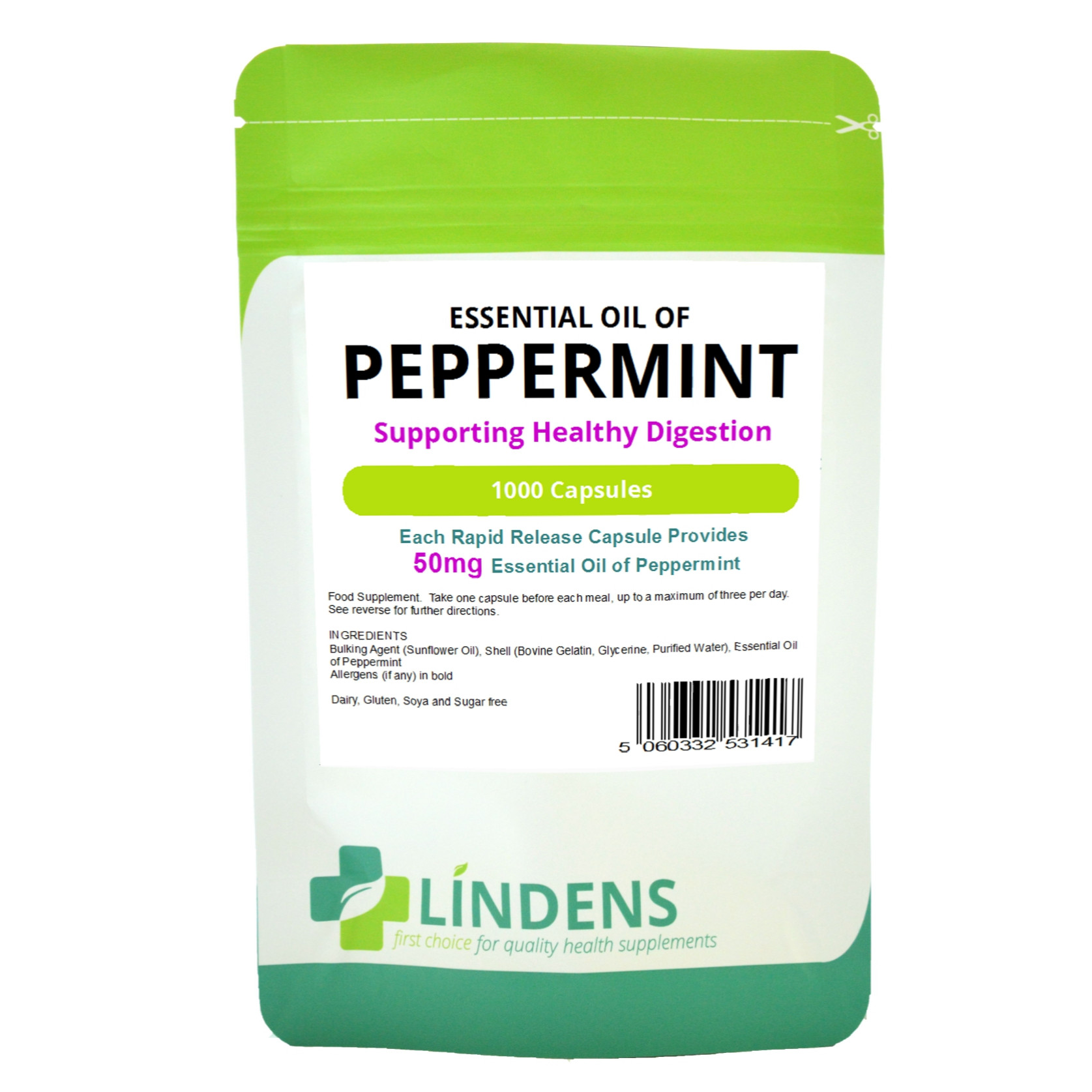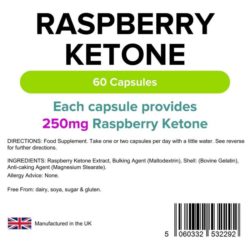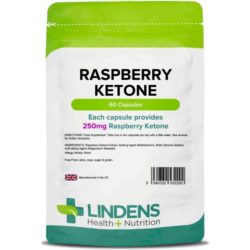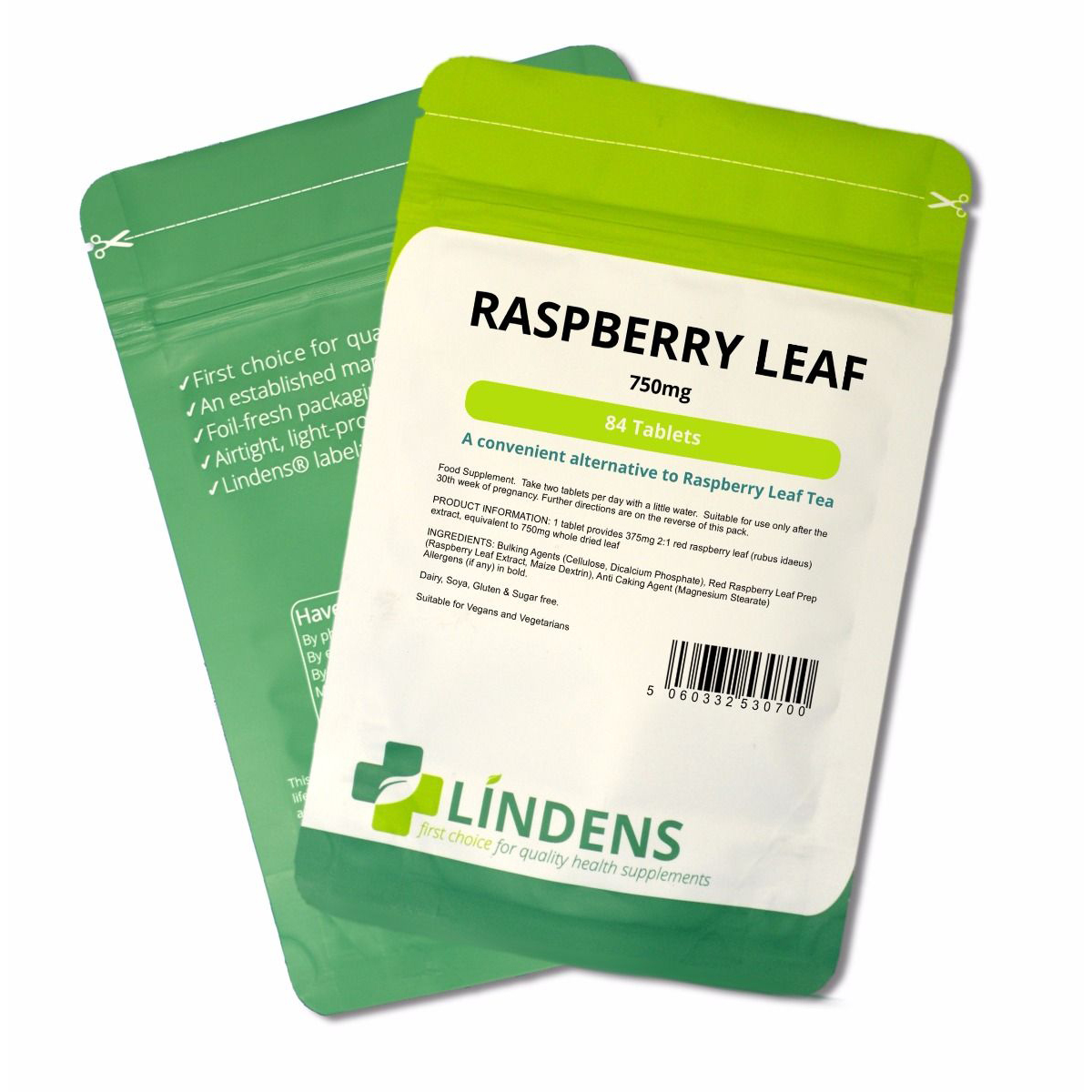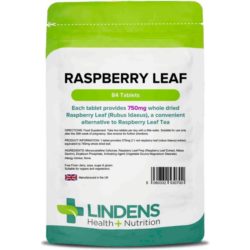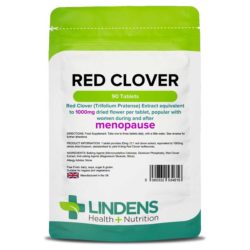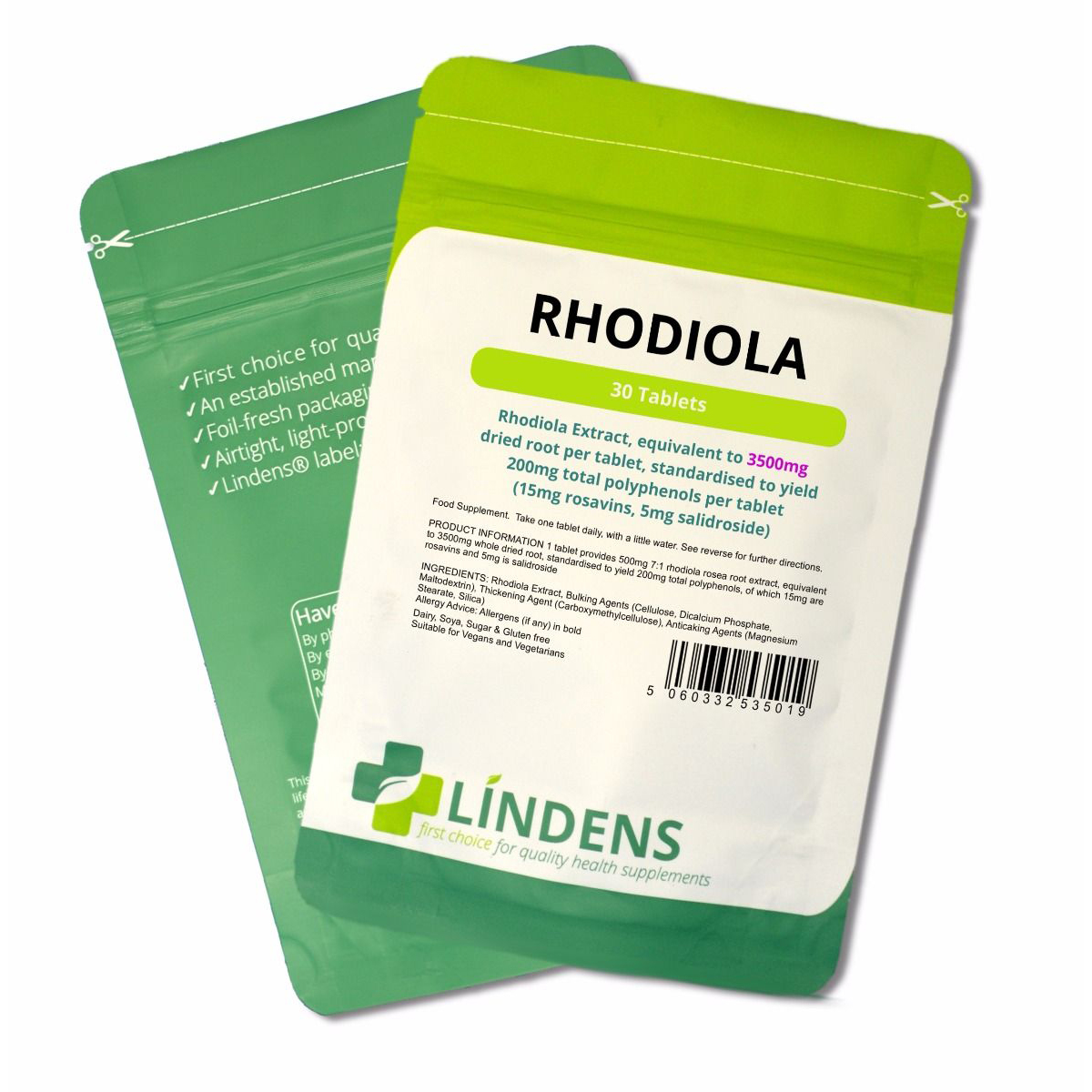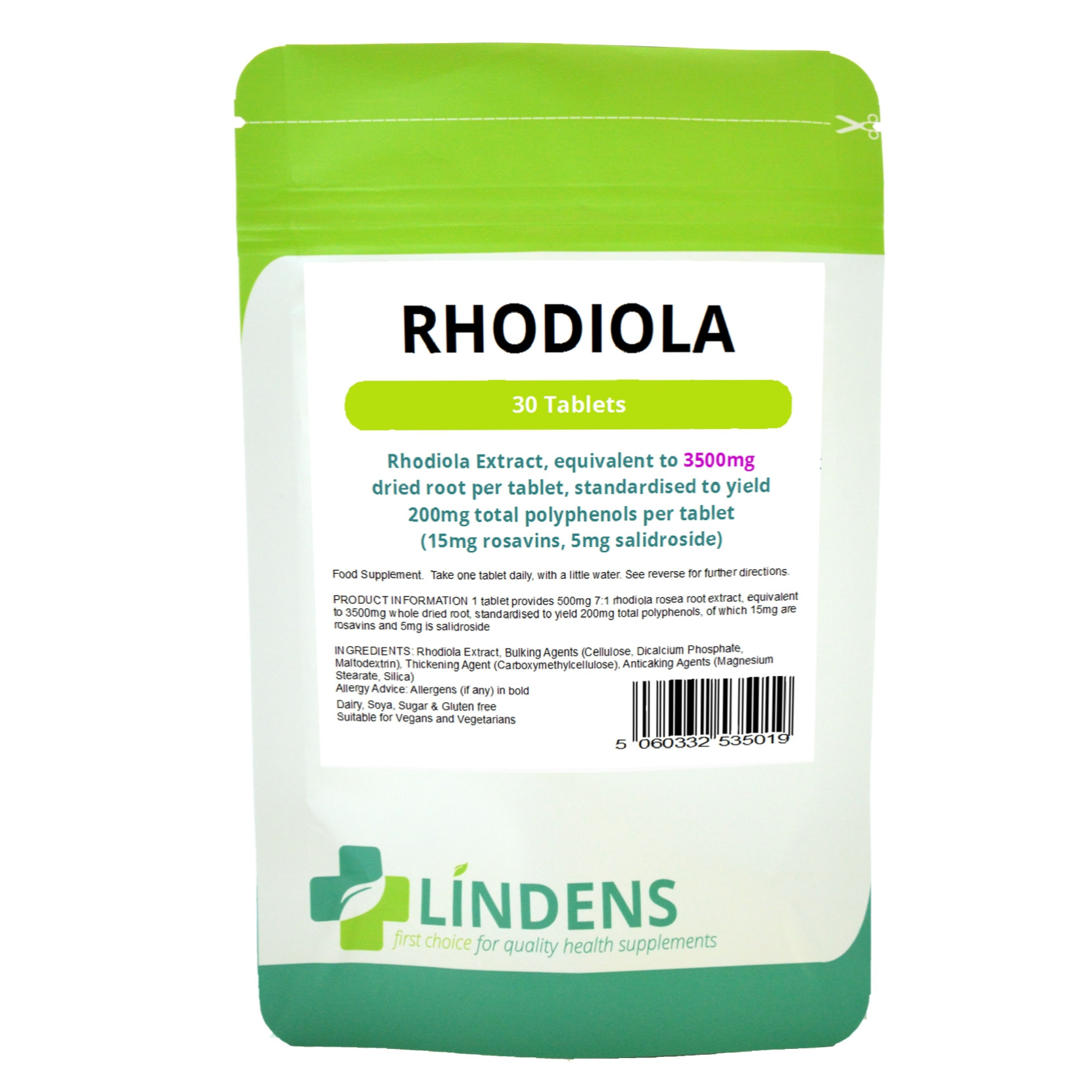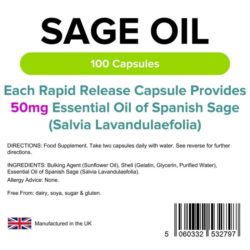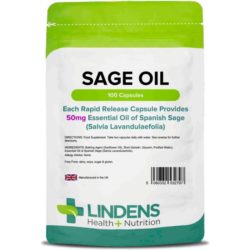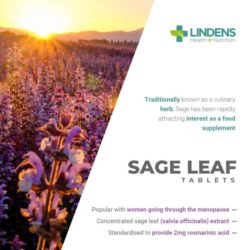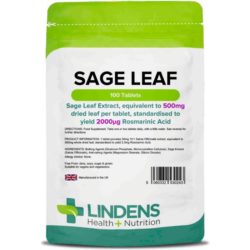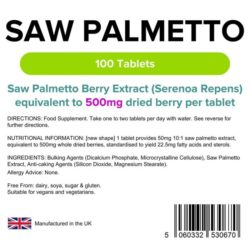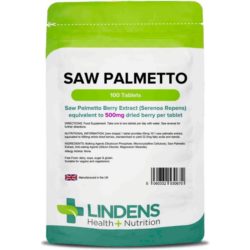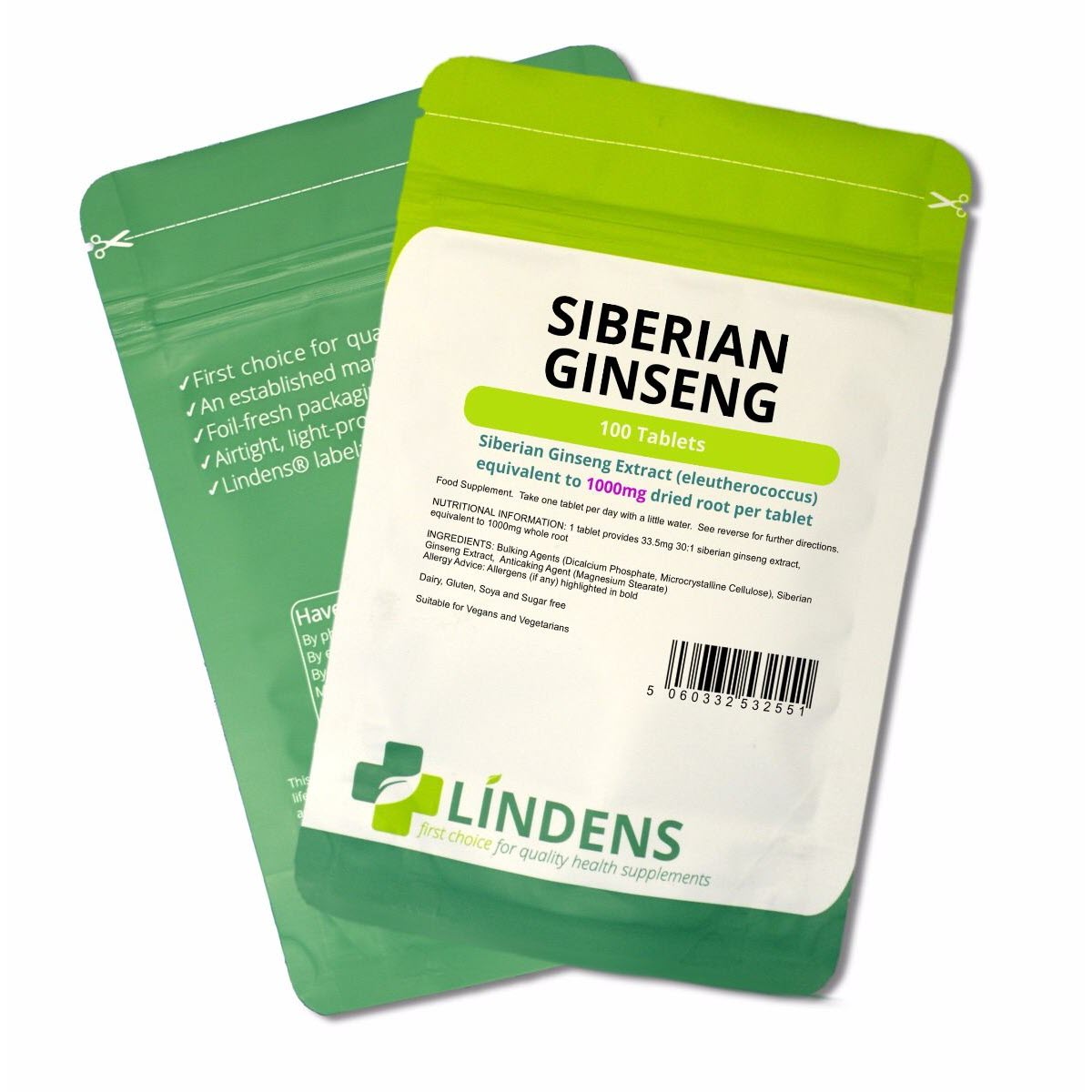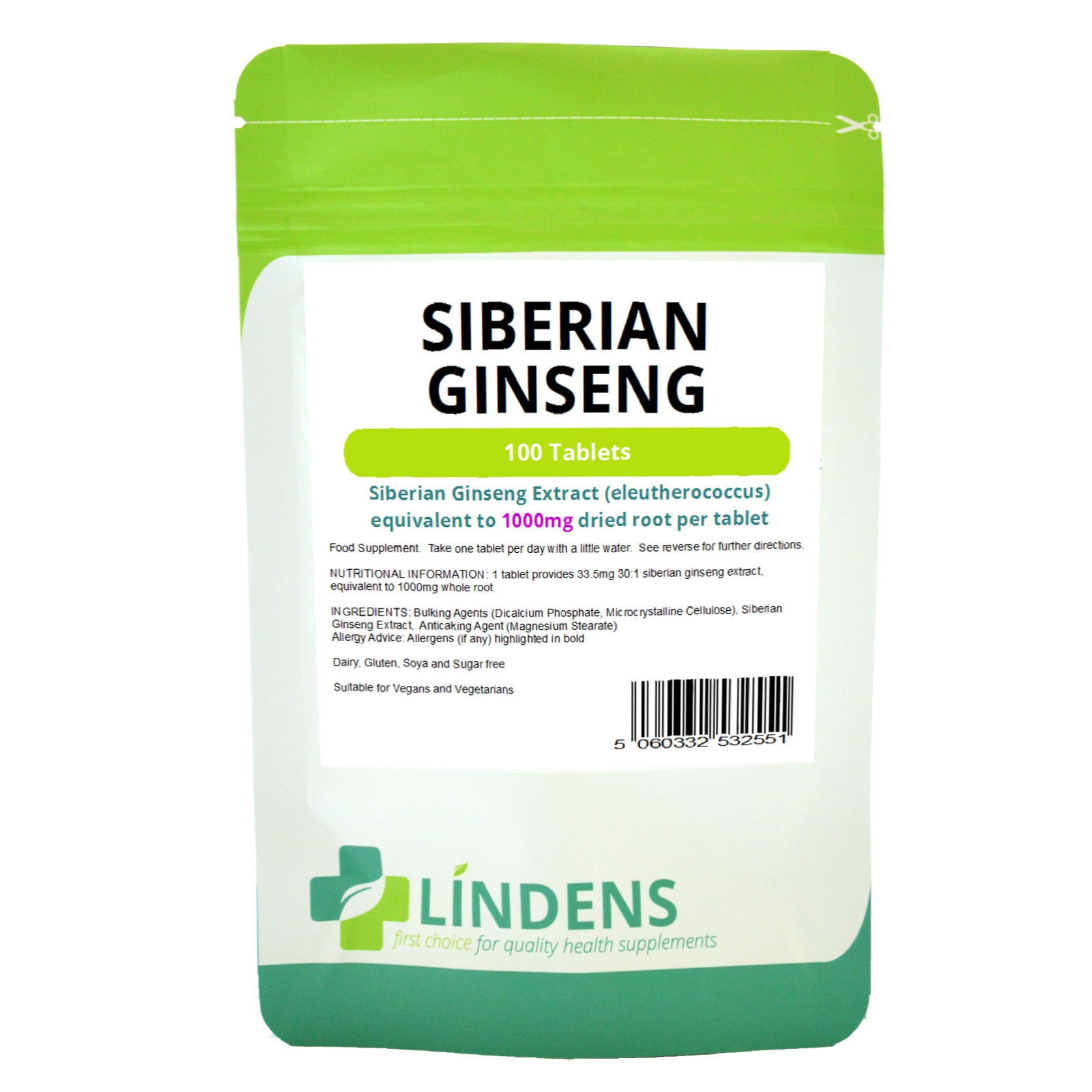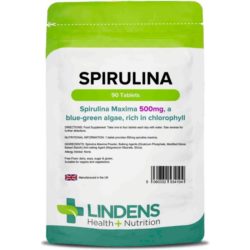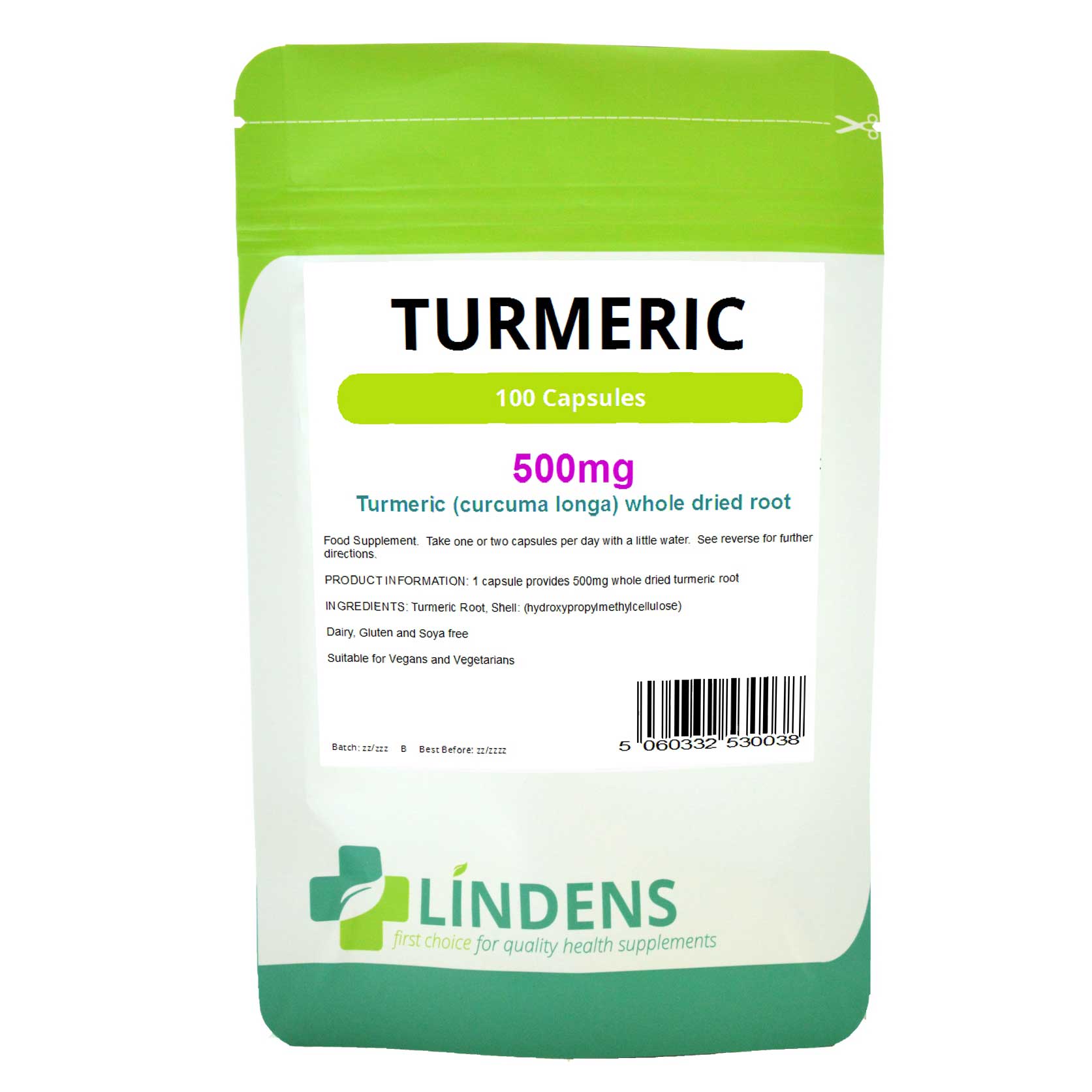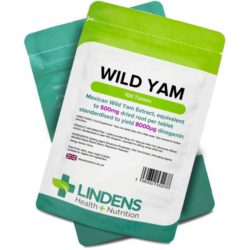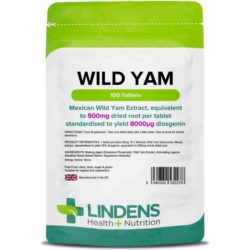Botanicals (Herbals)
The Lindens range of botanicals is derived from natural sources. This herbal range is high potency and quality ensuring you get the best botanicals for your body.
Showing all 40 results
Botanicals derive from plants. They refer to plants or plant parts with medicinal properties or health benefits in wellness. They’re modified into preparations, drugs, and essential oils. With worries about pharmaceutical drug safety, cost, and side effects rising, botanicals gain popularity. Botanical health products are now widely available.
Botanicals are various components of plants, including leaves, flowers, seeds, bark, roots, and twigs, as well as other parts. Certain plants and their ingredients have been familiar and utilized for centuries. However, other botanicals have only recently been introduced for use. Regardless, they provide curative effects alleviating some ailments and enhancing health in various ways. Used knowledgeably and cautiously, botanicals can potentially heal your body and mind and improve wellbeing.
Botanicals can be wild-harvested or farm-grown. Once harvested, they’re prepared for use. The three common botanical forms are preparations, drugs, and essential oils.
Botanical preparations are products made from medicinal plants. They’re packaged as pills powders, decoctions, extracts, infusions, teas, tinctures, etc. and marketed as dietary supplements. They don’t need certification since they make no disease cure claims.
Since they don’t undergo regulator processes, they don’t have to follow regulations on efficacy, purity, potency, dosage, and pre-market safety testing required for drugs. Herbal medicine heavily relies on botanical preparations, often called herbal supplements, preparations, or products.
To ensure quality, look for certificates of purity and potency by independent laboratories on reputable manufacturers’ labels.
Botanical drugs cure specific conditions. The regualtor approves them after the same rigorous evaluation as pharmaceutical drugs. Manufacturers must produce evidence that the botanical drug cures a disease.
Botanical drugs also have to follow manufacturing practices. They must meet standards of purity, efficacy, potency, dosage guidelines, and proper packaging. They can be prescribed as medicine for certain diseases.
Botanicals are available in original and packaged forms. For example, you can buy fresh and dried ginger, and ginger powder supplements. Both forms aid digestion and relieve nausea and constipation.
Botanical preparations and drugs come in various forms like infusions, teas, tinctures, decoctions, and extracts.
Herbal medicine has centuries of global use, and many herbs have known beneficial ingredients. Black cohosh and red clover relieve menopause symptoms. St. John’s wort extracts benefit anxiety, depression, and insomnia. Echinacea, green tea, valerian, and ginger provide various health-promoting effects.
Herbal medicines have fairly mild bodily effects. If pharmaceutical drugs are hard to tolerate, try herbal drugs derived from nature without harsh chemicals. But look for healthcare providers expert in botanical use for proper dosage, frequency, and duration advice. Report any side effects.
Botanicals have active ingredients, so side effects can occur, especially at high doses, from taking many botanicals, or due to compositional variations. They can also interfere with prescription medicines. Use caution during pregnancy, breastfeeding, and for children, as “natural” doesn’t guarantee safety.
Essential oils are a botanical type, but unlike preparations consumed as supplements, they’re used for fragrance, flavor, and other properties. They’re derived from plants by physical compression or distillation, retaining the source plant’s original properties.
Essential oils differ in aroma, appearance, and flavor due to varied ingredients. Their use depends on these properties. Soothing fragrances like basil, chamomile, frankincense, and lavender provide calm. Stimulating bergamot and peppermint help depression. But responses vary, so consult experts.
Essential oils have various uses like adding to baths for inhaled and topical benefits, local wound healing applications, etc. But some oils irritate skin, so expert consultation is best.
Botanicals aren’t new; plant-based medicines have centuries of use since plants offer nutrition and medicine. Their increasing popularity may bring us closer to nature’s healing gifts.

